How Is the Solar Inverter Market Developing In Bangladesh?
 Jul 24,2025
Jul 24,2025

 XINDUN
XINDUN
Bangladesh has long been plagued by power crises and unstable power supply. Due to the lack of power infrastructure and the surge in power demand caused by rapid economic growth, there is a significant gap in Bangladesh's power supply. Frequent power outages have become the norm, highlighting the huge market potential of solar energy inverter in Bangladesh. Bangladesh's solar market is at a critical stage of rapid development. As an important participant in the energy transformation in South Asia, Bangladesh actively promotes the widespread application of solar energy, and many policies also stimulate the prosperity of the solar energy market. Local consumers' demand for solar energy inverters is not only reflected in meeting the basic stability of household electricity consumption, but also in the commercial and industrial fields. The demand for efficient and reliable inverters is also growing. So what is the current situation of the solar energy market in Bangladesh? What factors should be considered when choosing a solar energy inverter? What solar energy inverters are worth recommending?
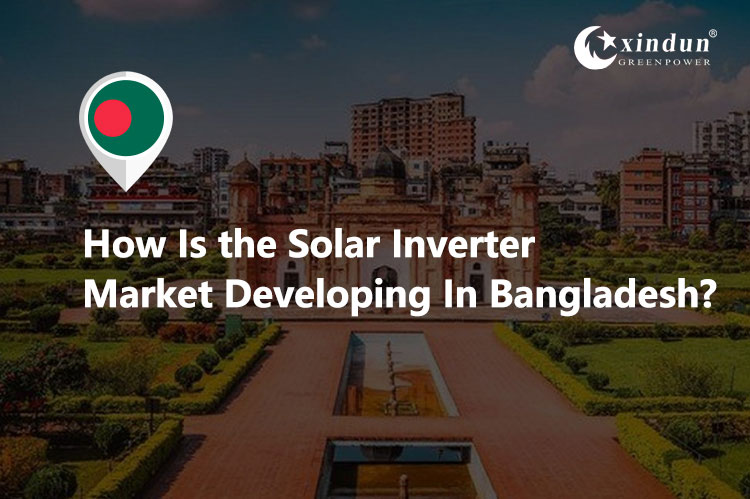
I. What is the power structure of Bangladesh?
Bangladesh's power structure is dominated by traditional energy generation, with fossil fuels dominating. Fossil fuels account for 82% of power production, of which natural gas accounts for about 45%, coal accounts for more than 26%, and net imported power accounts for about 16%. Natural gas power generation accounts for a large proportion, and coal power generation also has a certain share. However, this traditional power structure faces many challenges due to the gradual reduction of domestic natural gas resources and the environmental problems caused by coal power generation. At the same time, the proportion of renewable energy in the power structure is gradually increasing. As a key development direction, solar energy is receiving high attention from the government and the market due to its clean and sustainable characteristics. At present, although the proportion of solar power generation in Bangladesh's power supply is not high, it is growing rapidly and is expected to occupy a more important position in the power structure in the future.
II. Bangladesh's electricity price level
Bangladesh's electricity price level is still in the lower middle level in South Asia. In order to reduce the burden of residents' lives, the Bangladeshi government has adopted an electricity price subsidy policy, and the electricity fee is relatively low, but the subsidy has caused the electricity price to be lower than the cost of power generation. In the 2023-2024 fiscal year, the Bangladesh power industry lost US$1.99 billion. The International Monetary Fund (IMF) requires the Bangladeshi government to gradually eliminate subsidies.
According to a report by the Bangladeshi media on February 28, 2025, the Bangladeshi government plans to eliminate electricity and energy subsidies by increasing electricity prices in stages over the next three years. The price of natural gas used for power generation has increased by 0.75 taka per unit since February, and the price per kilowatt hour will increase by 0.34 taka to 0.70 taka from March, and the price of fuel oil will be dynamically controlled.
In September 2024, the residential electricity price in Bangladesh was 7.742 taka/kWh (about 0.063 US dollars), and the commercial electricity price was 12.39 taka/kWh (about 0.102 US dollars). Although this electricity price level is currently low, with the gradual elimination of subsidies and the phased increase in electricity prices, Bangladesh's electricity prices are expected to increase significantly in the future. This is a potential development opportunity for the local solar energy inverter market. As electricity prices rise, residential and commercial users may be more inclined to install solar power system in order to reduce electricity costs, and the demand for solar energy inverter, as a key component, is expected to increase accordingly.
III. Is Bangladesh's power shortage serious?
Bangladesh's power shortage problem remains severe. The country's power supply mainly relies on thermal power generation, and the supply of imported energy such as natural gas, oil and coal is affected by international energy price fluctuations and transportation delays, resulting in unstable supply, which in turn causes fuel shortages, impacts power generation capacity, and exacerbates power outages. Rural areas are particularly affected. According to data from November 2024, Bangladesh's daily power gap is about 1,500 megawatts, and the actual power generation is only 12,700 megawatts, while the demand reaches 14,000 megawatts. The daily power outage duration generally reaches 5-6 hours, and some remote rural areas even exceed 10 hours. During the high temperature in summer, Bangladesh often suffers large scale power outages due to the surge in electricity demand caused by rising temperatures and the shortage of fuel in power plants. For example, in the summer of 2023, the temperature soared to 41°C, the demand for electricity surged, and the fuel shortage caused the power plant to reduce its load. In some remote rural areas, the power outage lasted up to 10 hours. Frequent power outages have brought many inconveniences to the lives of Bangladeshi residents and the production of enterprises. Therefore, the inverter has become a key equipment to ensure basic electricity use. In order to cope with the frequent power outages, the demand for solar energy inverters in the Bangladeshi market is growing. Solar energy inverter can convert the direct current generated by solar panels into alternating current(AC), providing a stable power supply for homes and businesses. They can play an important role in power outages and ensure the basic electricity use of life.
IV. Development potential of Bangladesh's solar market
1. Abundant light resources
Bangladesh has abundant light resources throughout the year. The annual solar radiation in most areas is 4.5-5.5 kWh/m²/day, the average sunshine duration is about 5-7 hours/day, and the total effective sunshine duration throughout the year can reach 2,000-2,500 hours. These conditions are very suitable for the long term operation of solar power projects, and the projects have great development potential. In Bangladesh's vast rural areas, millions of people are not yet connected to the grid. Distributed solar energy system can bring significant benefits to them and improve electricity conditions. Rooftop solar energy system can also help meet the growing energy needs of urban households and businesses.
2. Bangladesh solar policy
The Bangladeshi government has set clear goals through the "Renewable Energy Policy (Draft) 2025", with renewable energy accounting for 20% (6,145 MW) in 2030 and 30% in 2041, with solar energy as the core growth area. Bangladesh launched its first renewable energy policy in 2008, with the goal of renewable energy generation accounting for 5% of total electricity demand by 2015 and 10% by 2020. However, as of 2025, renewable energy still accounts for only 3% of the total electricity structure. Although the development of renewable energy generation is currently slow, the Bangladeshi government is still actively taking measures to promote the improvement and implementation of relevant policies.
In June 2023, the previous government of Bangladesh abolished the tax exemption policy for all renewable energy industries, which aroused investors' concerns. Since then, domestic and foreign investors have repeatedly requested the restoration of the tax exemption policy.
The current government of Bangladesh has prioritized the development of solar projects and implemented a series of incentives, including tax exemptions and reduced import tariffs on renewable energy equipment, to create a favorable environment for investors.
For example, on October 29, 2024, the Bangladesh Taxation Administration issued a notice that enterprises investing in renewable energy power generation projects (including solar projects) can enjoy a 10 year tax incentive, solar projects put into operation from 2025 to 2030 will enjoy a 100% corporate income tax exemption for the first 5 years, and import tariffs and value added tax will be exempted for renewable energy components and raw materials, reducing the cost of renewable energy equipment.
In order to attract investors, the Bangladeshi government has extended the tax incentives for renewable energy power generation companies from 10 years to 15 years. Power plants put into commercial operation from July 1, 2025 to June 30, 2030 will enjoy a 10 year tax exemption, a 50% tax exemption for the next three years, and a 25% tax exemption for the last two years. Reduce the import withholding value added tax on goods related to renewable energy power generation by 5.0%. These measures will increase the penetration of solar products in Bangladesh and help alleviate Bangladesh's power shortage and solve the problems faced by the public due to frequent power outages.
3. Solar development in Bangladesh
Bangladesh's renewable energy capacity achieved historic rapid growth in 2024, with new grid connected installed capacity reaching approximately 331 megawatts (MW), a year on year increase of 42.7%. This significant growth was mainly due to the contribution of commercial scale renewable energy projects, bringing Bangladesh's total grid connected renewable energy capacity to 1,105 MW, and if off grid systems are included, the total capacity will rise to 1,547 MW.
In the past 20 years, about 6 million home solar systems have been installed in cities and villages in Bangladesh to provide electricity to remote off grid communities. From 2024 to 2029, the Bangladesh solar energy market is expected to grow at a compound annual growth rate (CAGR) of 38.60%, from an estimated 0.55 GW in 2024 to 2.84 GW in 2029. Bangladesh aims to generate more than 4,100 megawatts of electricity from renewable energy by 2030, of which solar power generation is expected to contribute about 2,277 megawatts, and the solar industry can provide a large number of development opportunities and jobs. In the past decade, the number of solar energy system in Bangladesh has surged from 25,000 to 2.8 million, according to a report by the International Renewable Energy Agency (IRENA). This growth has created about 114,000 jobs in various fields, including the assembly, sales, installation and maintenance of solar energy system.
V.Recommended types of solar energy inverter in Bangladesh
For the recommendation of solar energy inverter types in Bangladesh, Xindun will take into account factors such as the country's power infrastructure, urban and rural regional differences, and solar policies, and tailor recommendations for users in Bangladesh. Solar energy inverter can be divided into off grid, grid connected, and hybrid inverter according to different usage scenarios.
Off grid solar inverter
Off grid solar inverters are completely independent of the power grid and can operate independently, with solar power generation for self use. The solar power is stored in the battery for use at any time (including at night and during power outages), providing the highest energy independence and reliability, and ensuring a sustainable supply of electricity. Off grid solar inverters are suitable for areas without access to the grid, remote areas, or places with unstable power grids, and can provide independent power supply. Off grid solar inverters are most suitable for use in rural areas of Bangladesh, as well as for industrial and commercial use. They can guarantee the most basic living electricity needs of Bangladeshi residents, such as lighting, home appliance use, etc.
Grid connected solar inverter
Grid connected solar inverters convert the DC power generated by solar panels into AC power and directly connect it to the grid. After users use solar power to meet the needs of household appliances, the excess power can be transmitted to the grid, so that the surplus power can be connected to the grid and obtain certain economic benefits. Grid connected solar inverters are completely dependent on the power grid. When the power grid goes out, the system must shut down (anti-islanding protection) and cannot provide backup power. This is a huge disadvantage for Bangladesh, where the power grid is unstable. Grid connected solar inverters are suitable for areas with stable power grids and very few power outages. They may be applicable in the core areas of large cities or specific industrial areas in Bangladesh, but they are rarely used throughout Bangladesh, so they are not very suitable for most ordinary households in Bangladesh.
Hybrid solar inverter
Hybrid solar inverters are a combination of the advantages of off grid/grid connected inverter. They have three working modes (hybrid/off grid/grid connected). They can be powered independently off grid, connected to the grid, and hybrid and complementary with solar+ mains + battery. They can also be operated without battery configuration. Multiple modes can be switched flexibly. They are not only suitable for remote areas such as rural areas in Bangladesh, but also for urban use. They can efficiently use solar power generation and save electricity bills. Users can also reconfigure energy storage batteries according to their own usage scenarios and economic conditions. Hybrid inverters are suitable for a wide range of areas in Bangladesh and are the most practical choice due to their ability to cope with grid instability, flexibility, and compatibility with Bangladesh's net metering policy.
VI. Recommended solar energy inverters for Bangladesh
Xindun HFP-C hybrid inverter
Xindun HFP-C hybrid inverter 3.3KW-12.3KW, DC 24V/48V to AC 220V/230V/240V
Xindun HFP-C hybrid inverter is a high frequency grid connected and off grid hybrid solar inverter. It can be set to hybrid mode, off grid mode, and grid connected mode. The three modes can be switched flexibly. Solar/mains/battery synergistic hybrid complementation, high frequency pure sine wave output, and inverter conversion efficiency up to 94%. It also has a load dual output function. The main output and the second output can be loaded at the same time and independently loaded, providing users with a richer and more flexible power solution. It also supports batteryfree operation mode. Users can flexibly configure or even add batteries later according to their budget to achieve a better balance between cost and benefit, so that solar energy can maximize its value. It is suitable for Bangladeshi families in scenarios where there is sufficient sunlight during the day and only a short time is needed to use small power electrical appliances.
Xindun LF Solar Energy Inverter
Xindun LF Solar Inverter 1000W-12000W, DC 12V/24V/48V to AC 110V/120V/220V/230V/240V
Xindun LF Solar Inverter is a high efficiency low frequency solar inverter with excellent performance. It adopts a toroidal low loss low frequency transformer to achieve efficient inverter conversion and provides low frequency pure sine wave output to ensure stable power output. The output power quality is comparable to that of the mains, ensuring the stability of power quality. When the startup peak power exceeds three times, the inverter can automatically activate comprehensive protection functions to ensure the safe and stable operation of the equipment under various working conditions. In addition, it supports solar, mains and generator charging, and is suitable for a variety of usage scenarios such as industry, commerce and households in Bangladesh.
Xindun HP PLUS+ Solar Energy Inverter
Xindun HP PLUS+ Solar Inverter 5KW/8KW/10KW/12KW, DC 48V to AC 208V/220V/230V/240V
Xindun HP PLUS+ Solar Inverter has parallel function, which can parallel power, three phase and grid. A single 5000W power can parallel up to 9 inverters, and 8KW/10KW/12KW power can parallel up to 6 inverters, which can meet the needs of Bangladesh users to expand power in the future. High frequency pure sine wave output, stable and reliable output, support batteryfree operation mode, support single phase/three phase output, built in mppt controller can be mixed with solar and city power for intelligent allocation.
Xindun ESS-Li All In One Solar Generator
Xindun ESS-Li all in one solar generator 300W-7000W, providing DC 12.8V/25.6V/51.2V to AC 110/120/220/230/240V
Xindun ESS-Li all in one solar generator is a solar energy storage solution integrating inverter, mppt solar controller and lithium battery. Its integrated design not only greatly simplifies the system installation process, but also has a variety of output type sockets, which can be plug and play. The charging socket DC 5V (USB) output port, DC 12V round hole DC output socket, and AC output socket can quickly supply power to equipment loads with different output ports to meet the diverse power needs of Bangladeshi families and small commercial users. Supporting three charging methods: solar energy, mains, and diesel generator, it is suitable for areas with unstable power supply in Bangladesh, ensuring that users can obtain stable power supply in different environments. It has comprehensive protection functions such as overvoltage, overtemperature, overload and battery BMS report to ensure safe and reliable operation of the system.
VII. Why choose Xindun Power As Inverter Supplier?
Bangladesh has long faced problems such as power outages and power shortages, and solar inverters have attracted much attention in the market. Xindun Power is a Chinese inverter manufacturer founded in 2006, focusing on the research and development and manufacturing of solar inverter, solar controller, energy storage batteries and complete solar energy system. It has a modern factory covering an area of more than 10,000 square meters, with an annual production capacity of more than 100,000, and has strong supply chain integration capabilities and product delivery capabilities. All products have passed multiple international certifications such as CE, IEC, ROHS, TUV, etc., and are widely used in home users, commercial systems, rural off grid projects and government bidding projects, meeting the technical and safety standards of multiple countries.
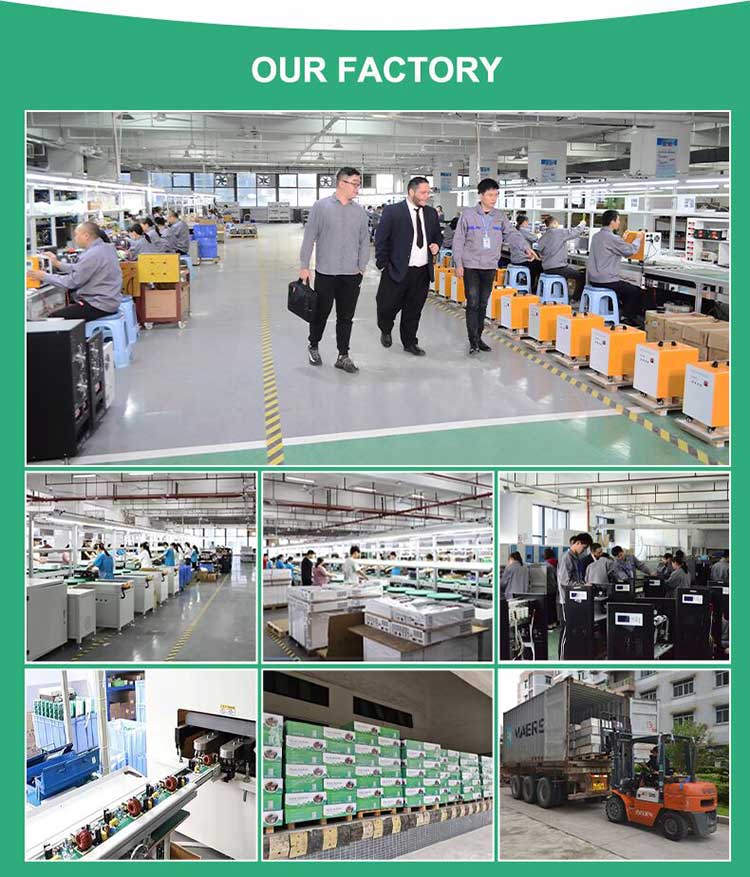
We have been deeply involved in overseas markets for nearly 19 years, and our products have been exported to more than 100 countries and regions around the world, occupying a certain position in the South Asian, Middle East, African and Latin American markets. In the South Asian market, Xindun has a dedicated market operation and technical service team, which has a deep understanding of the local power conditions, policy environment and user needs in Bangladesh, and can provide full process services from product selection, system configuration to after sales support according to the actual needs of the Bangladeshi market.
Xindun actively participates in major solar exhibitions around the world every year to promote the export of solar products. At the exhibition, Xindun shares technical exchanges face to face with industry experts, wholesalers, project contractors, etc., and jointly discusses the development trend of the Bangladesh solar energy market to enhance the international influence of the brand.
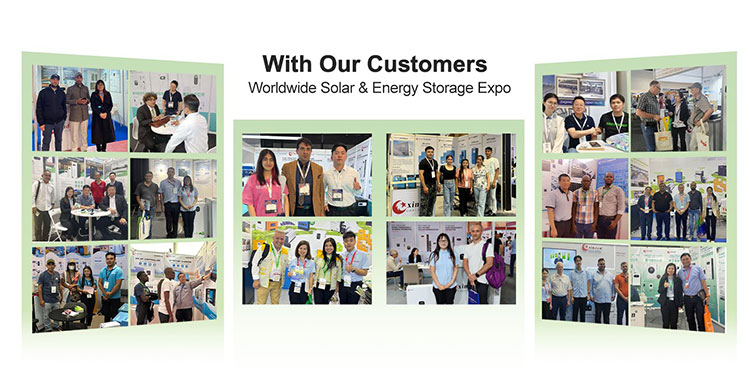
As a source manufacturer, Xindun not only provides its own brand products, but also supports OEM/ODM customization services to help customers quickly build market competitiveness and expand local distribution channels.
The above is the detailed content of the recommendation of Bangladesh solar energy inverter. We hope this article will be helpful to Bangladeshi customers in choosing solar energy inverter. If you want to cooperate with Xindun or purchase solar energy inverter and other products, you can leave your information and needs in the customer service window at the bottom of the website(https://www.xinduninverter.com/). Xindun will get in touch with you as soon as possible during working hours.

 Solar Inverter
Solar Inverter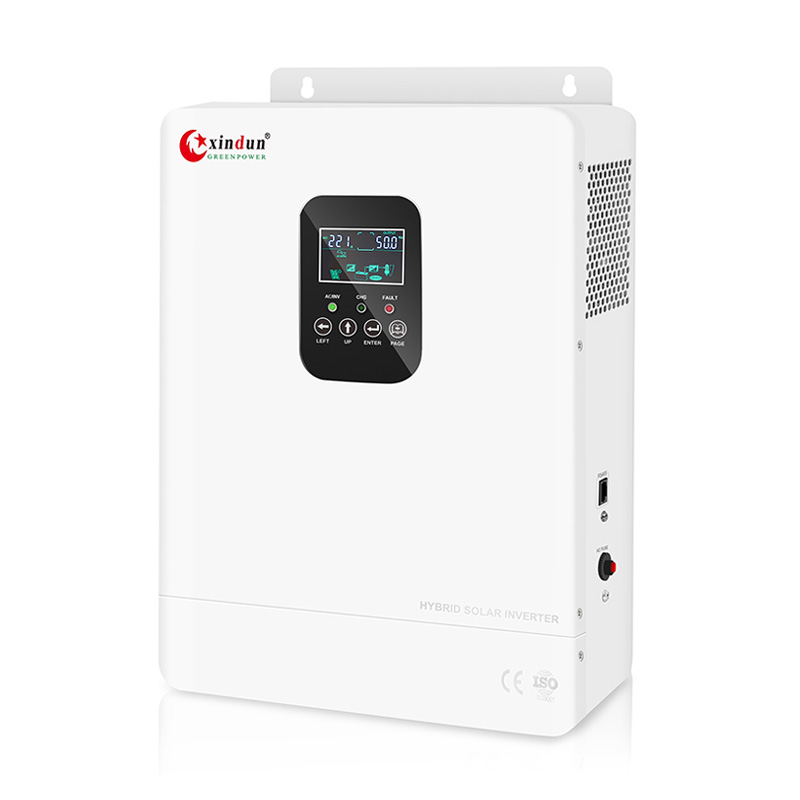
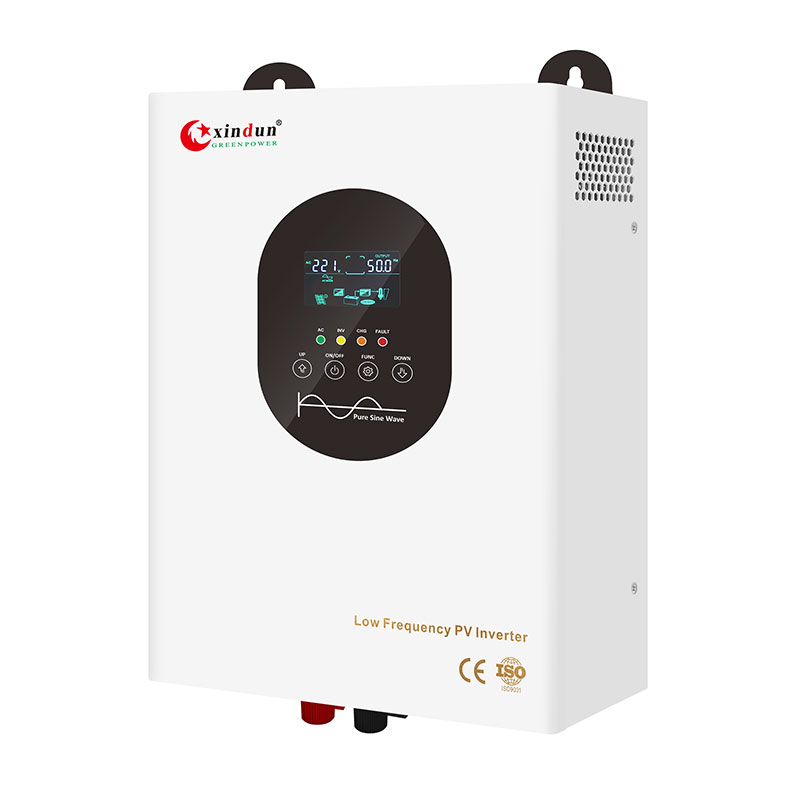
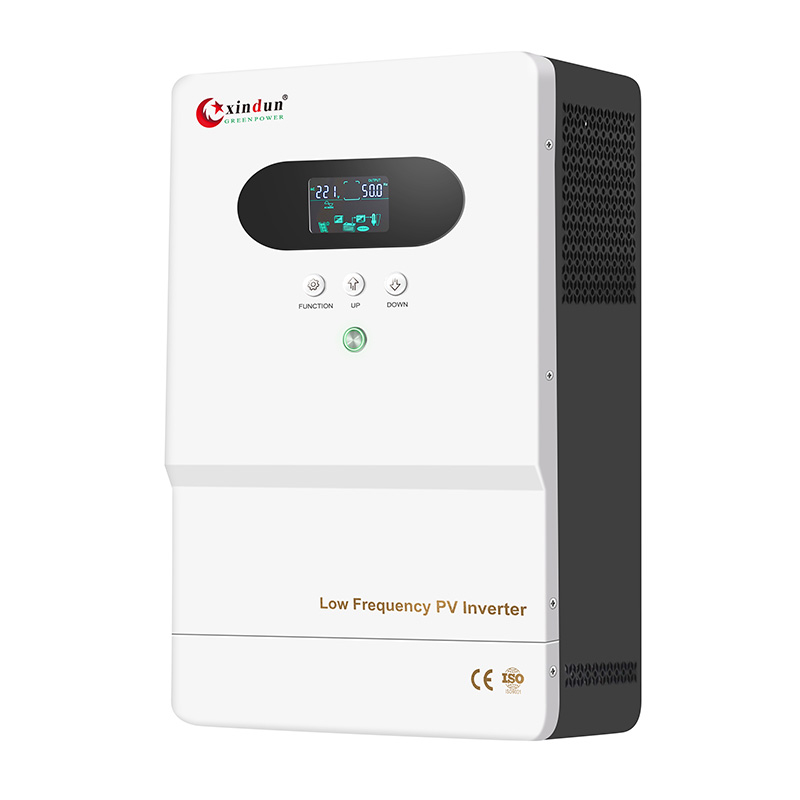
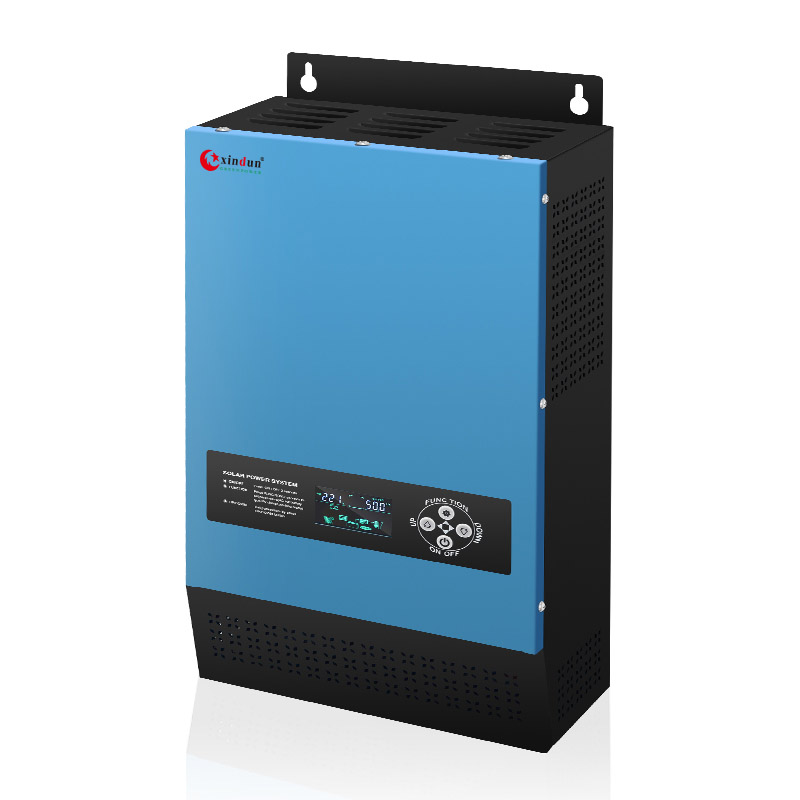
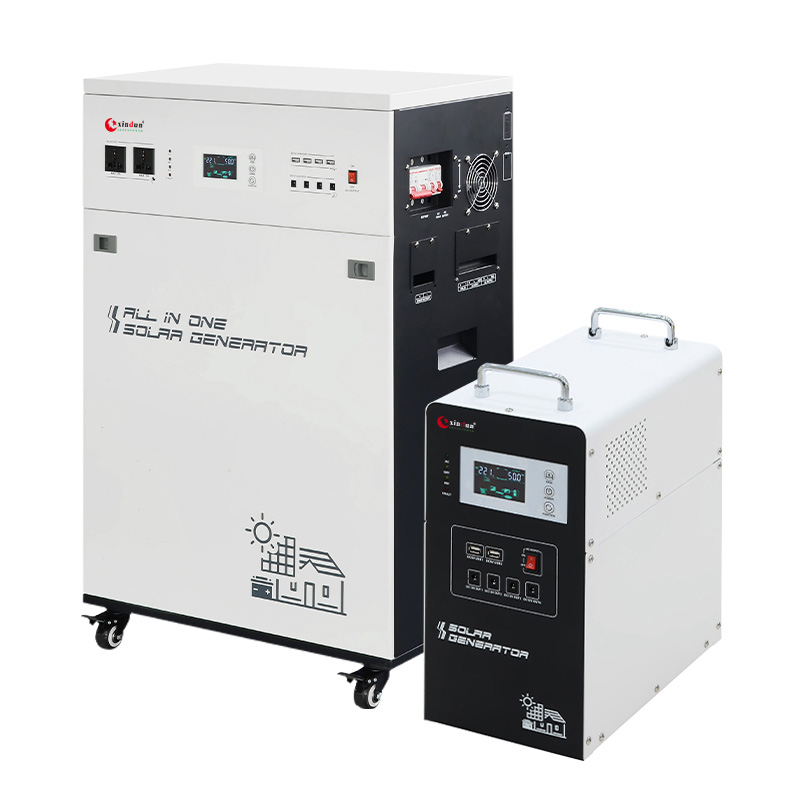
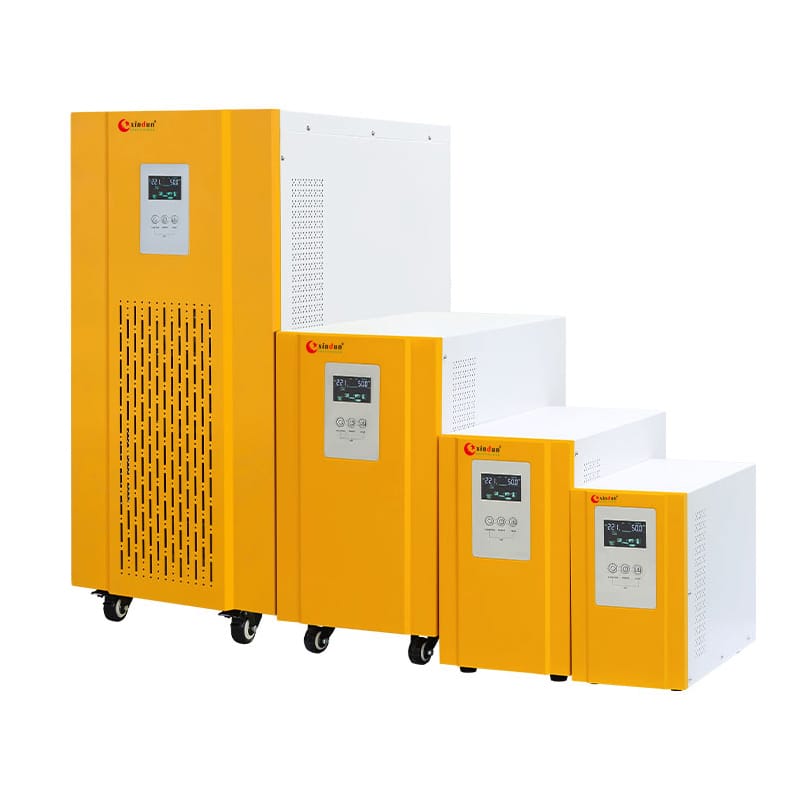
 Hybrid Inverter
Hybrid Inverter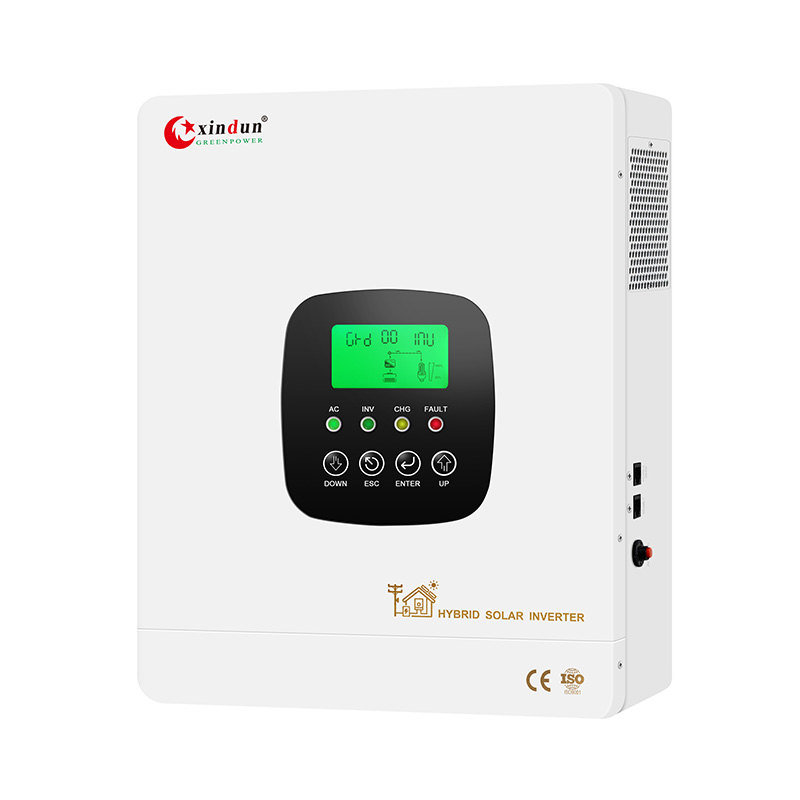
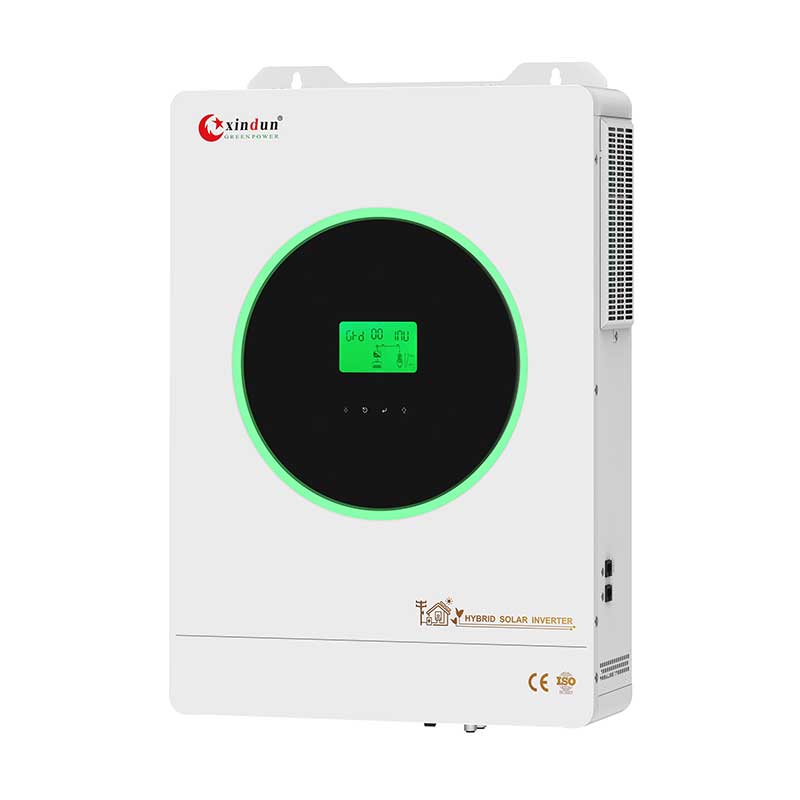
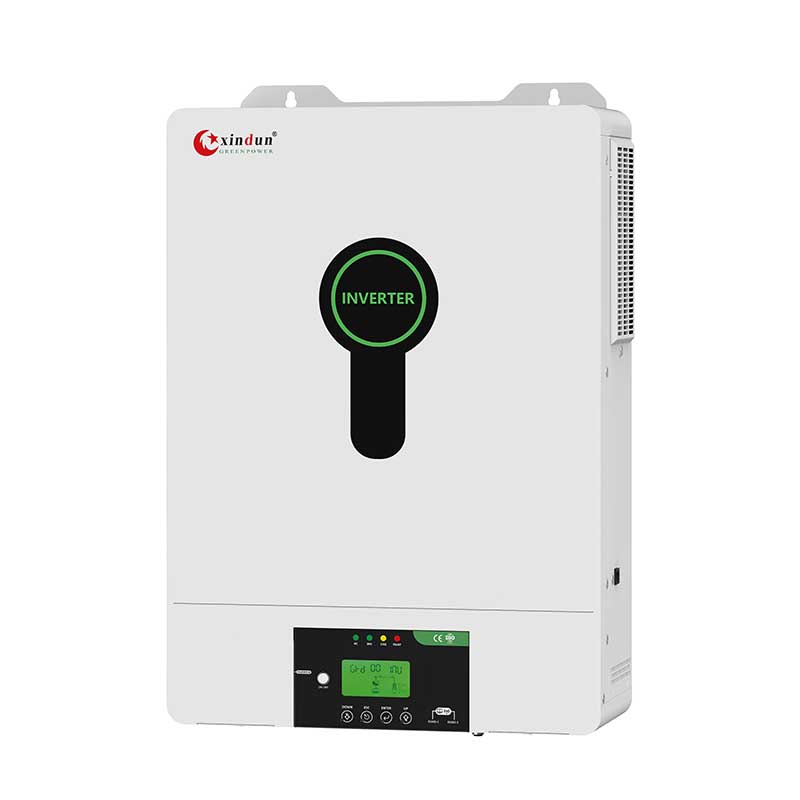
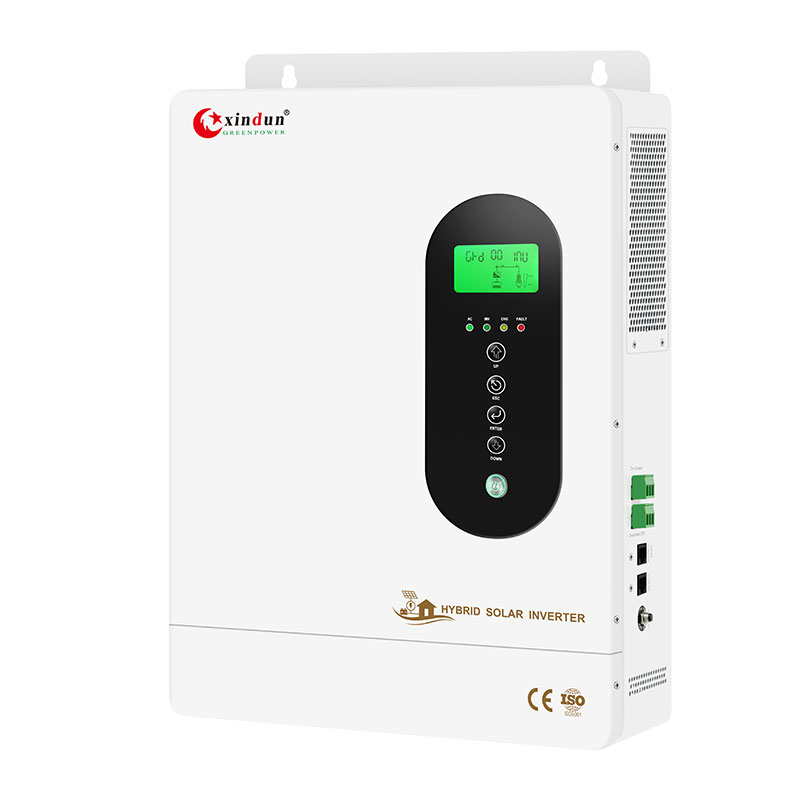
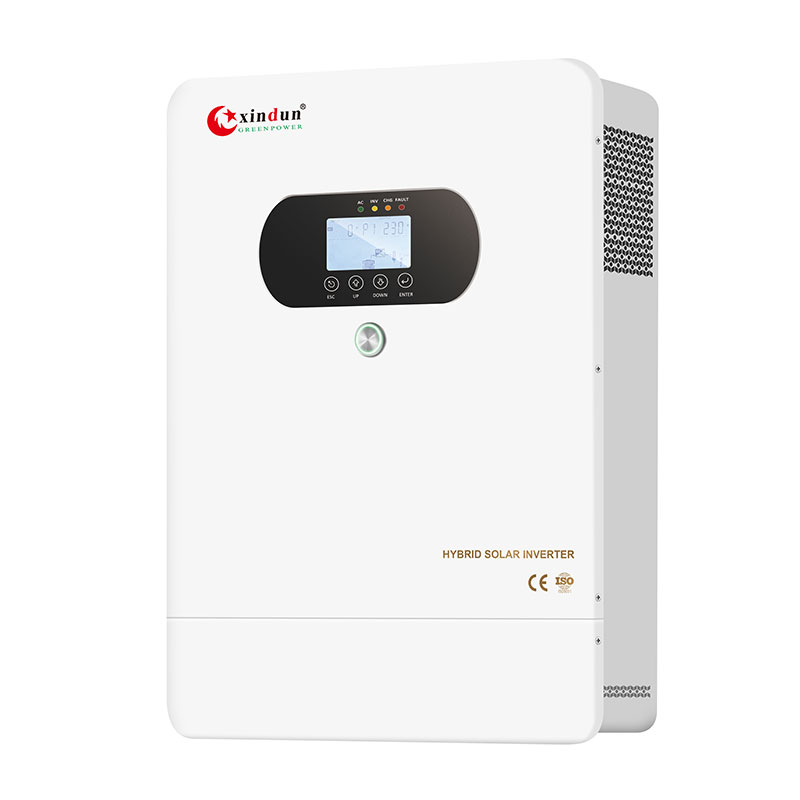
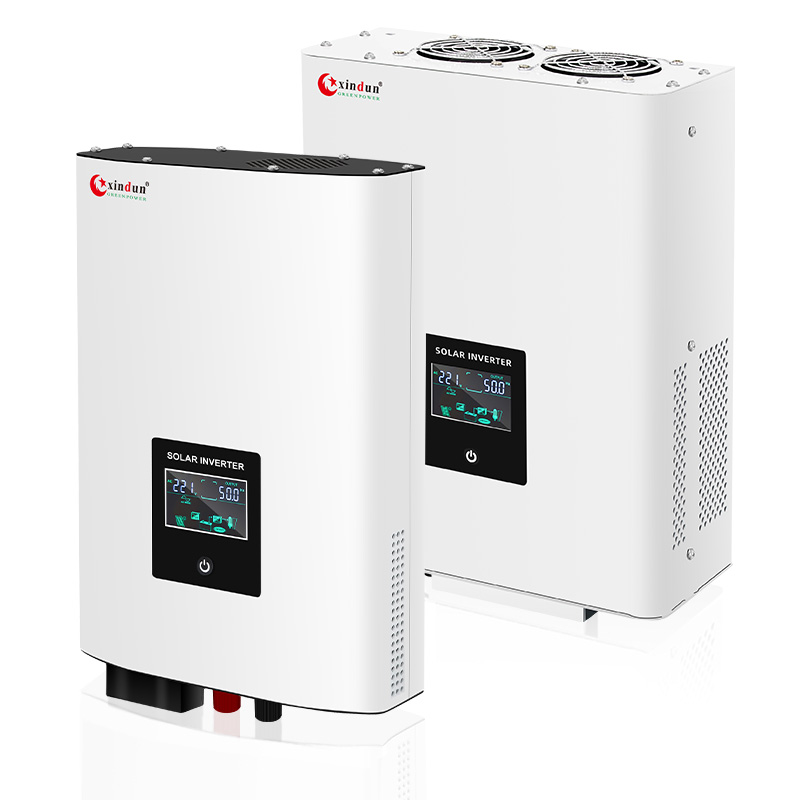
 Power Inverter
Power Inverter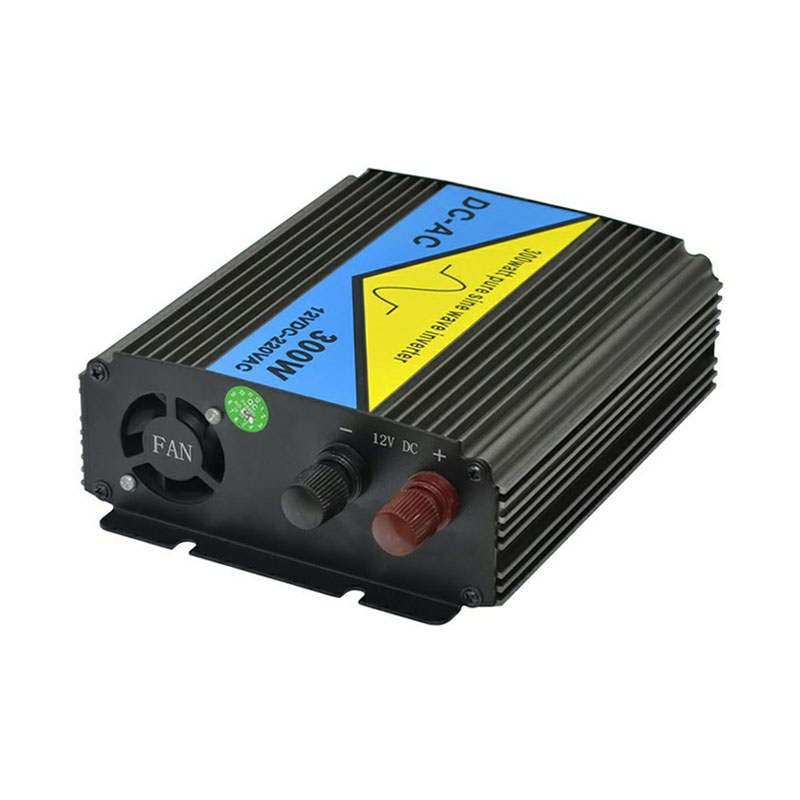
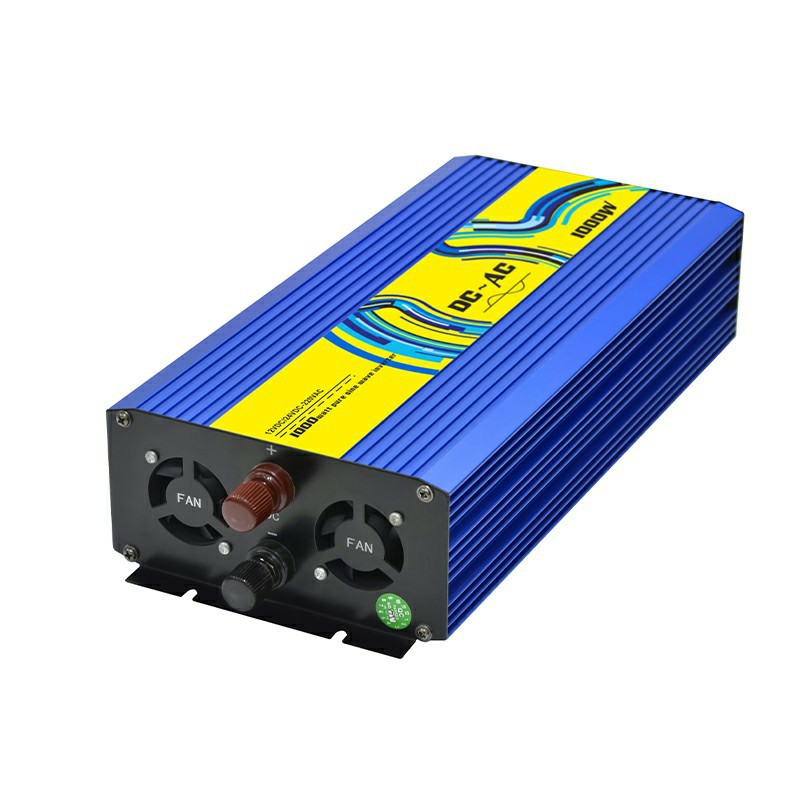
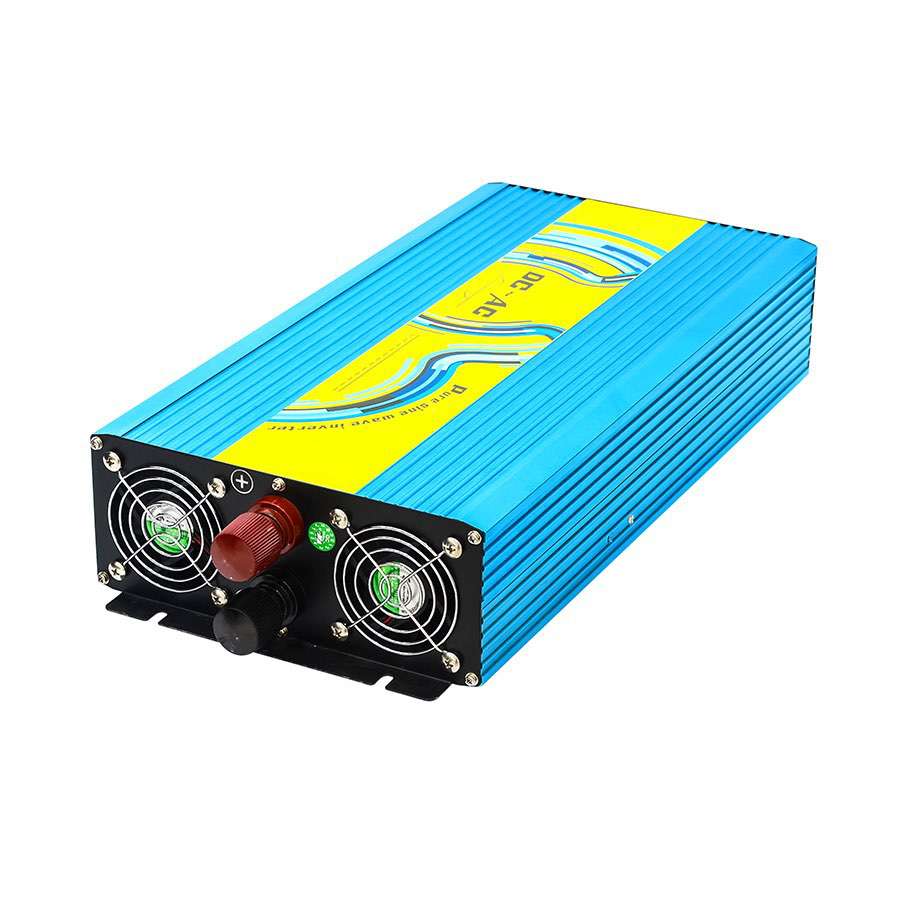
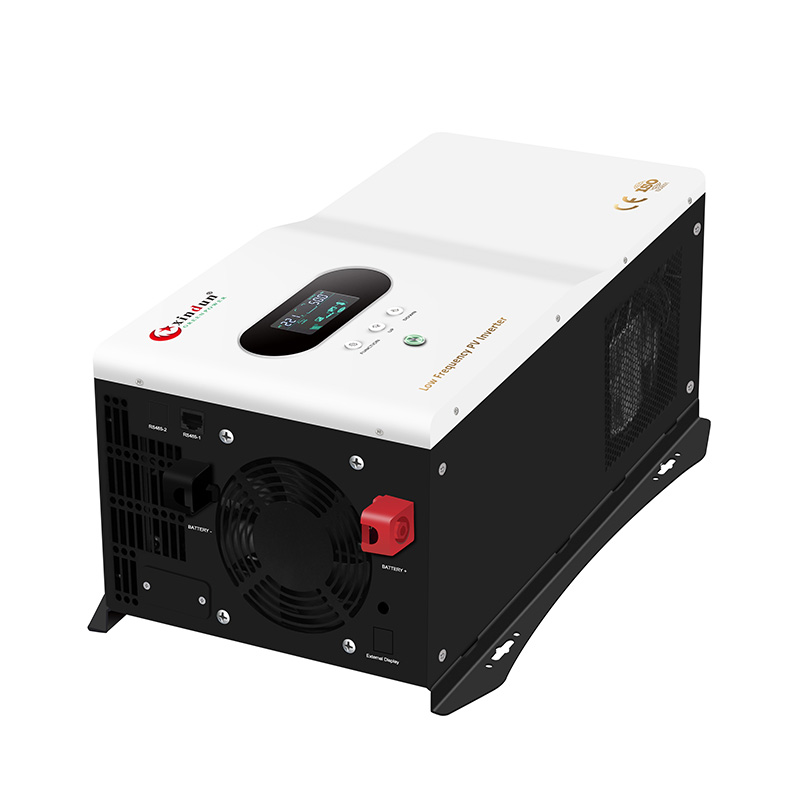
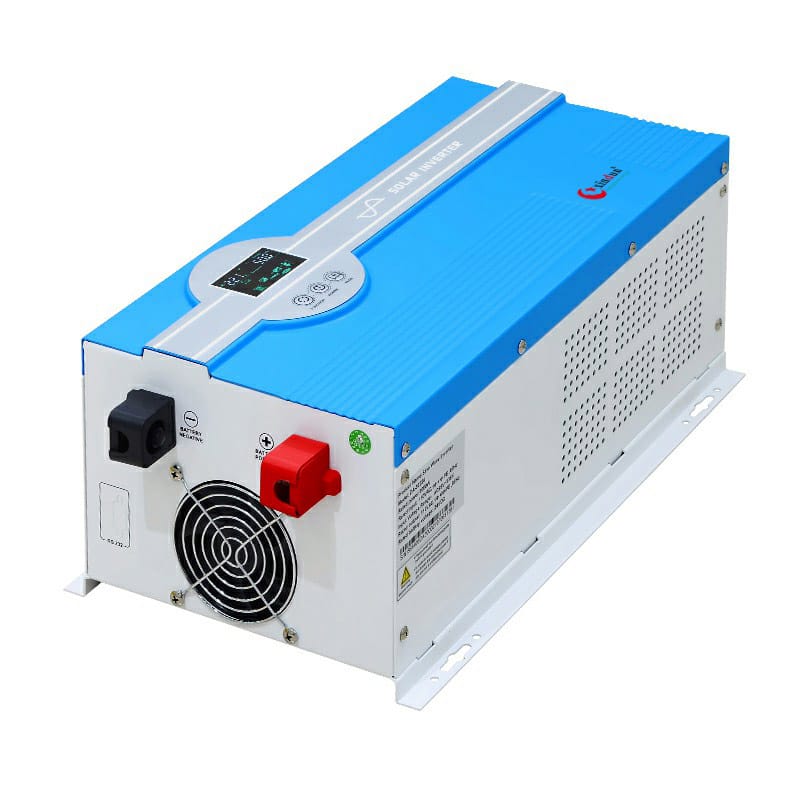
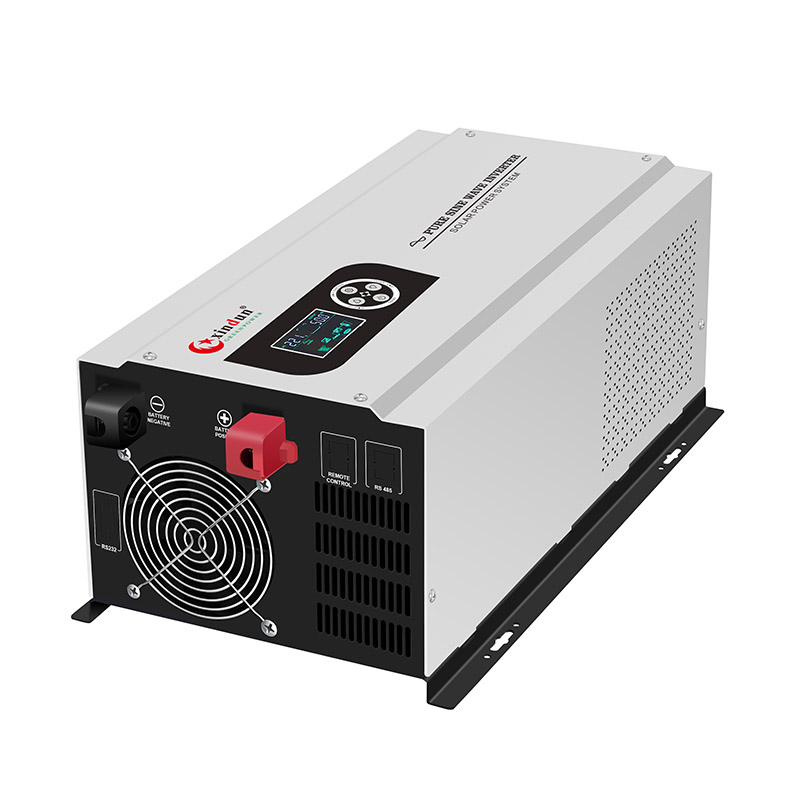
 Split Phase Inverter
Split Phase Inverter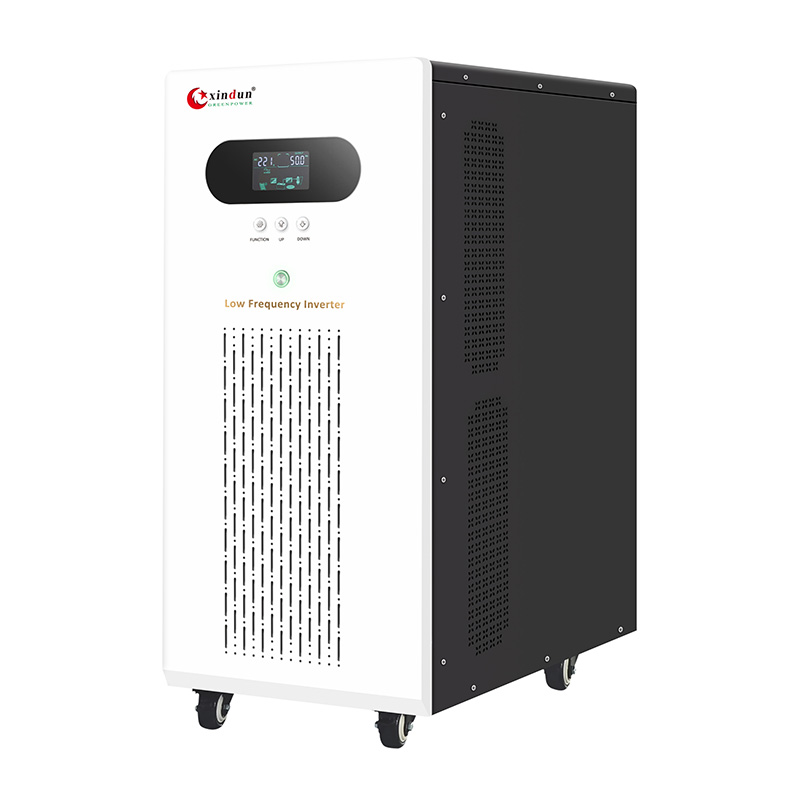
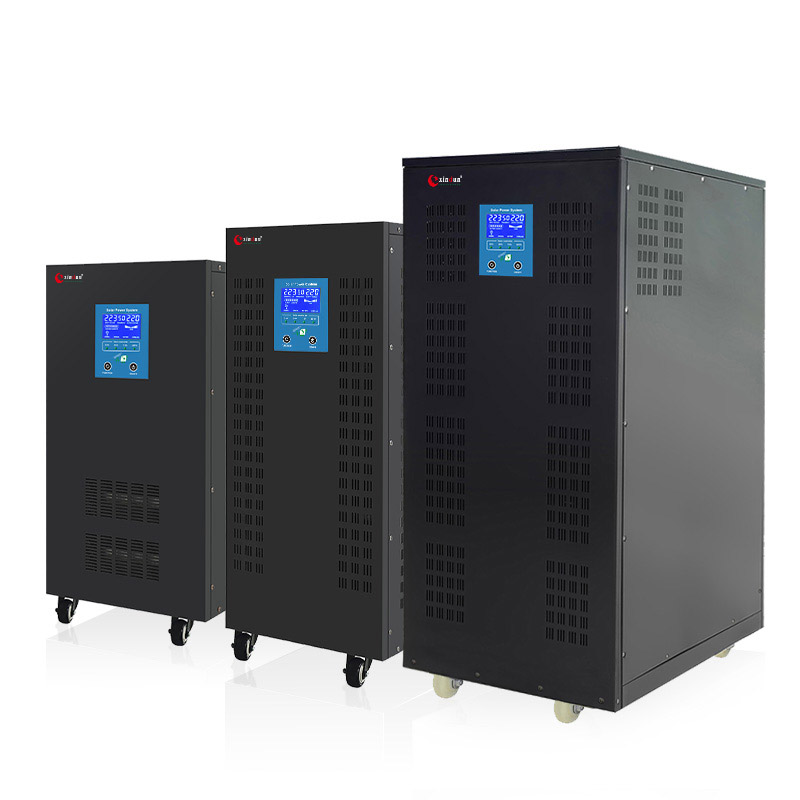
 Energy Storage Inverter
Energy Storage Inverter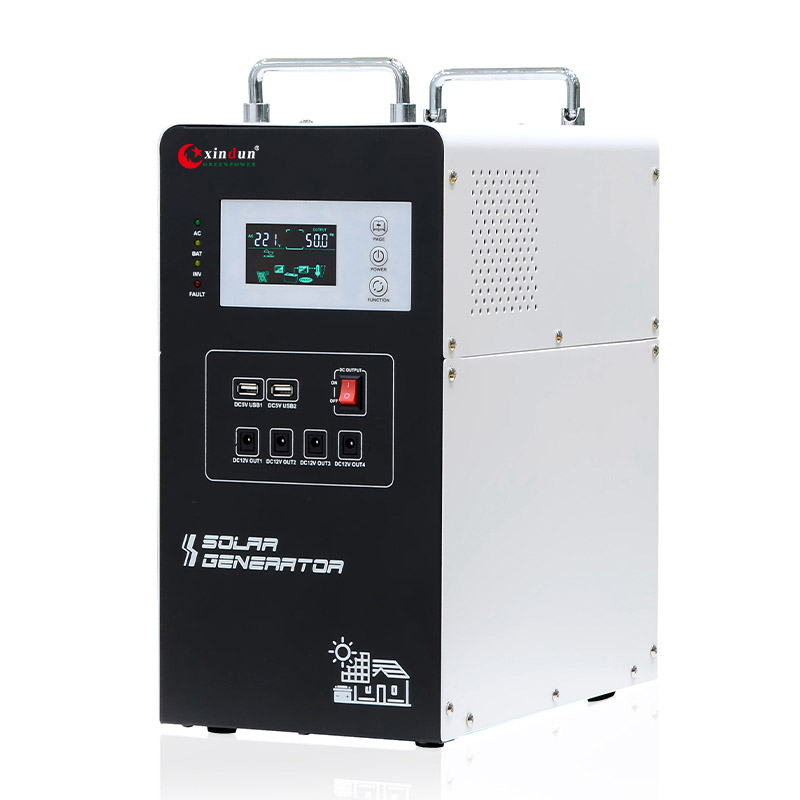
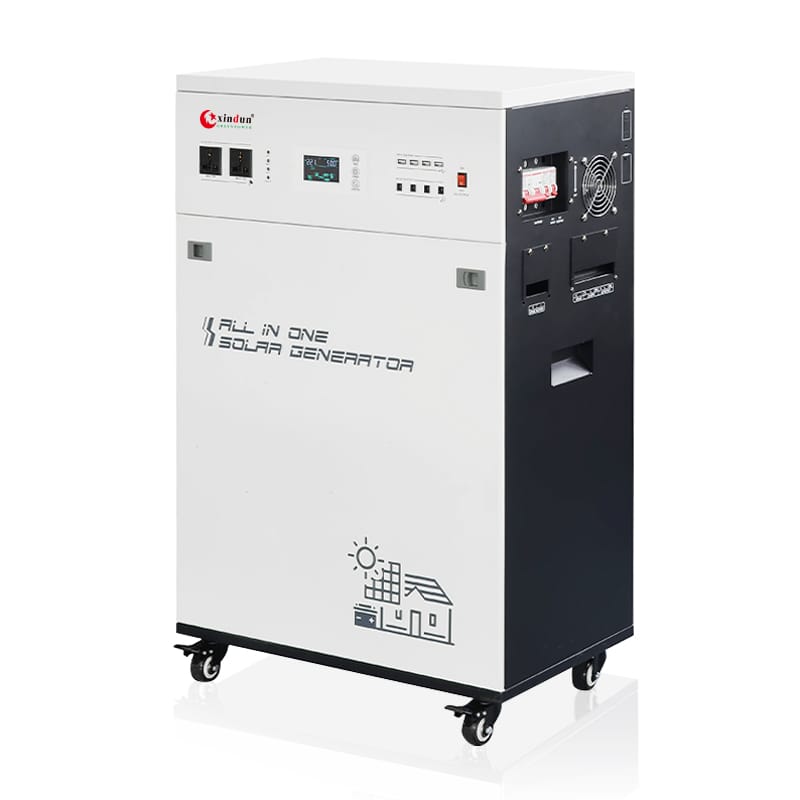

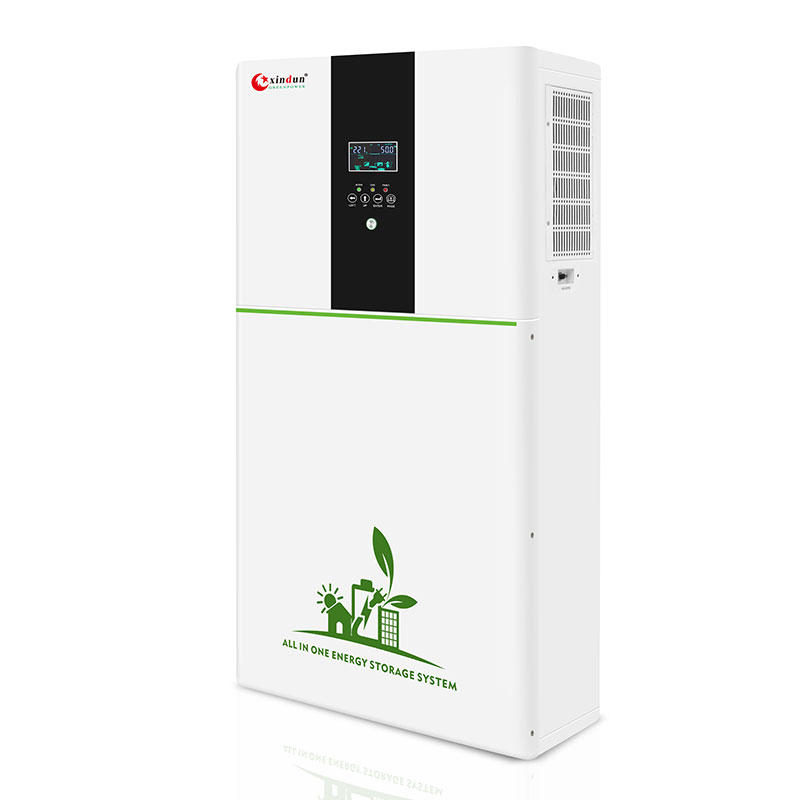
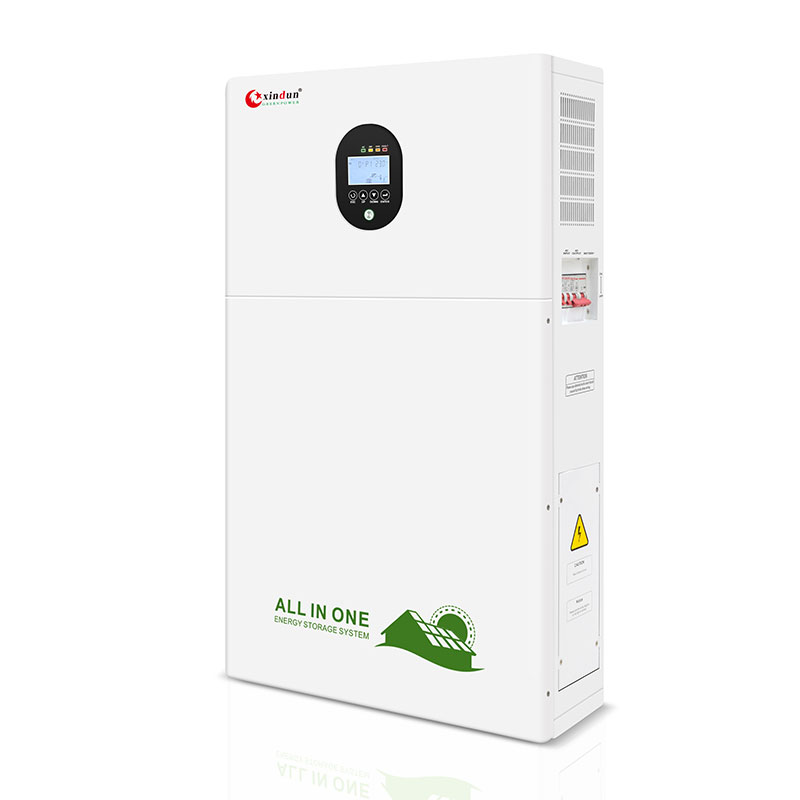
 3 Phase Inverter
3 Phase Inverter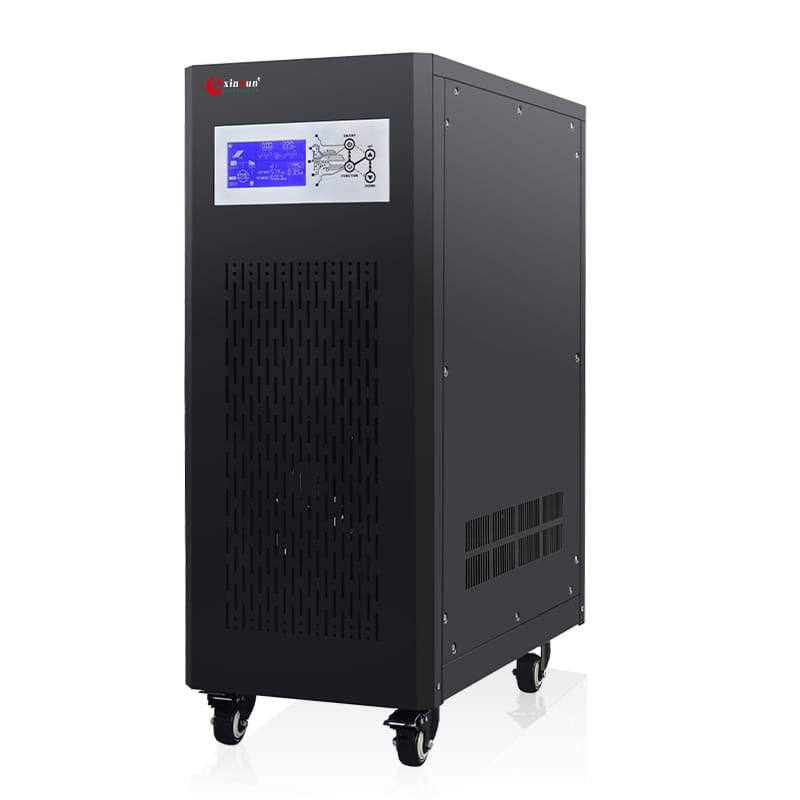
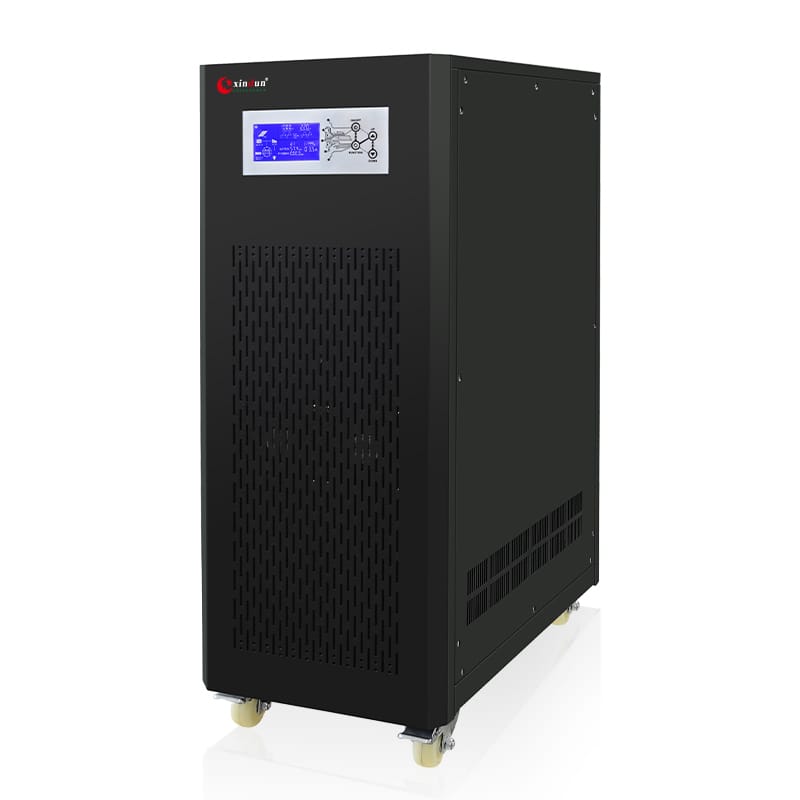
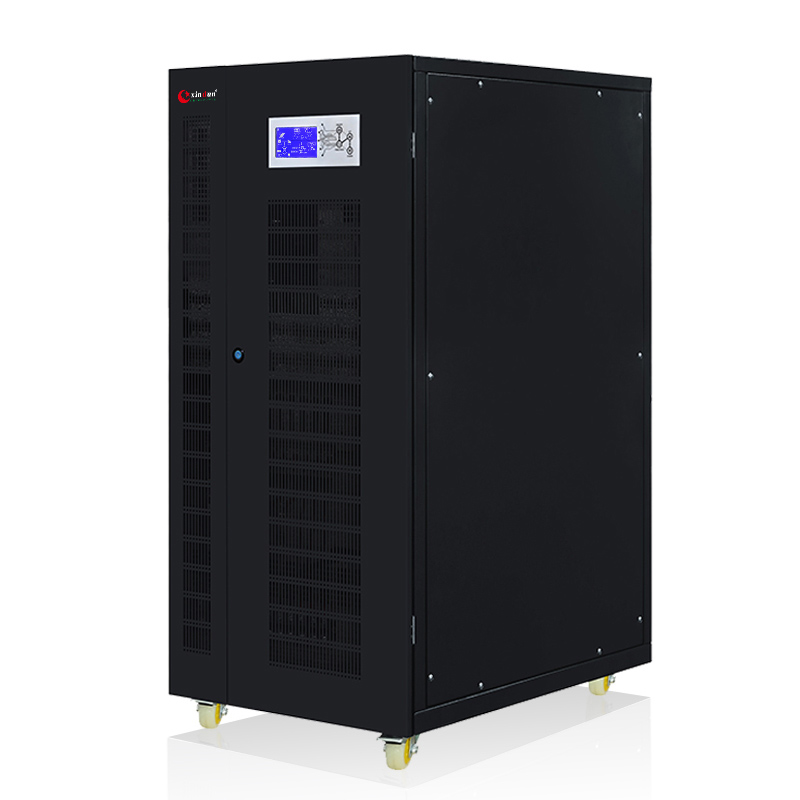
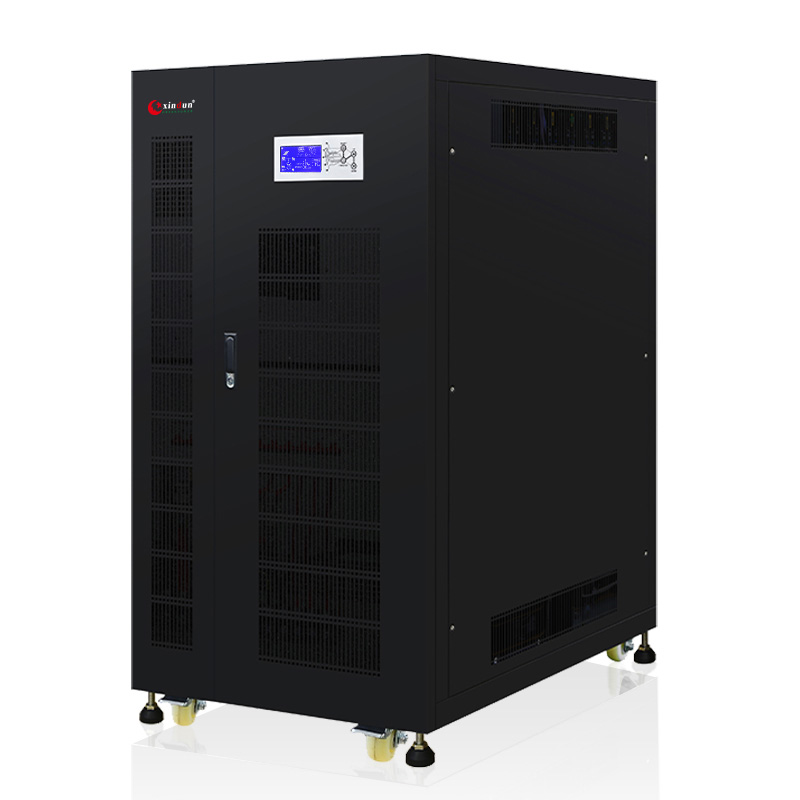
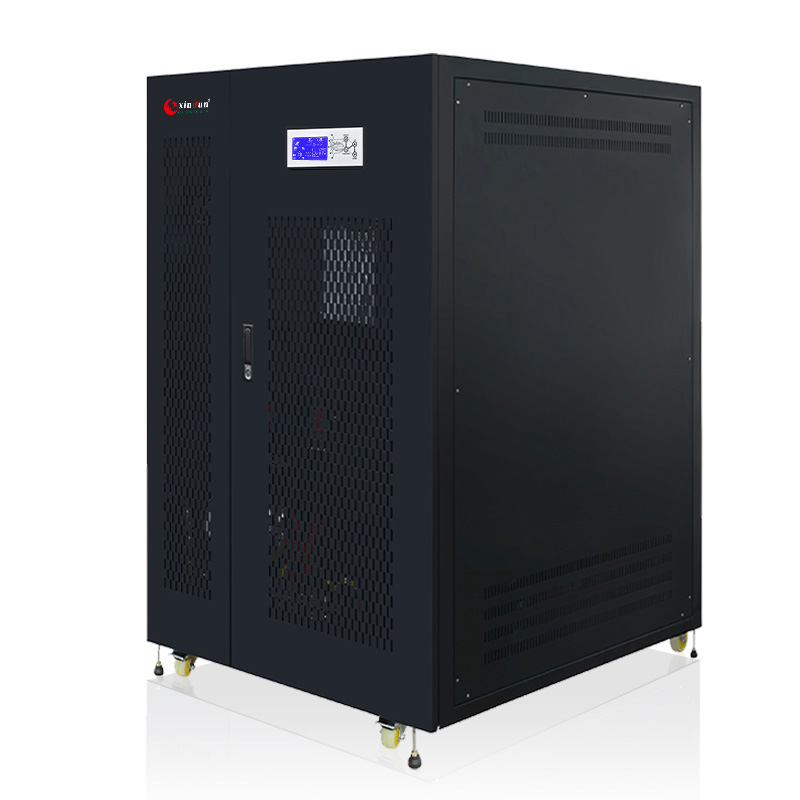
 Solar System Kits
Solar System Kits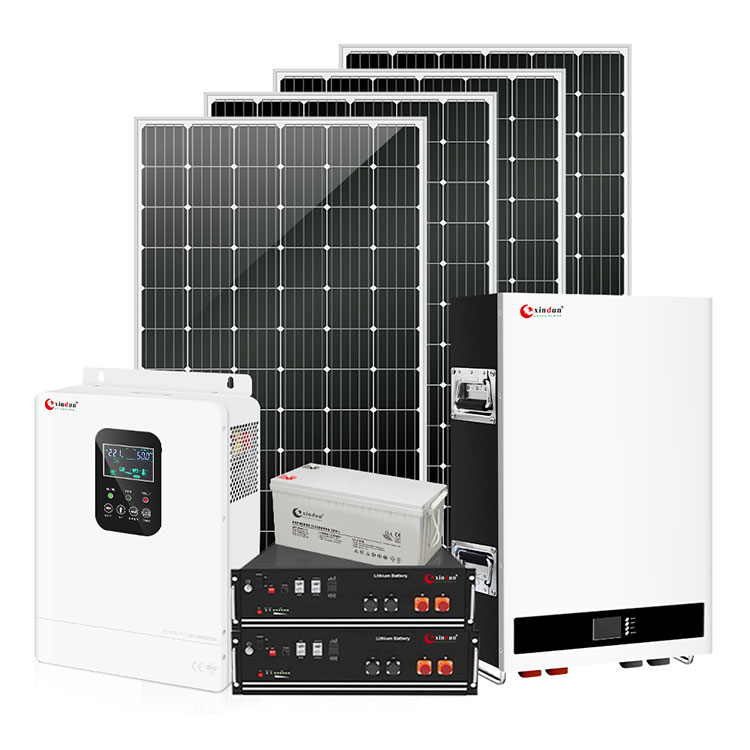
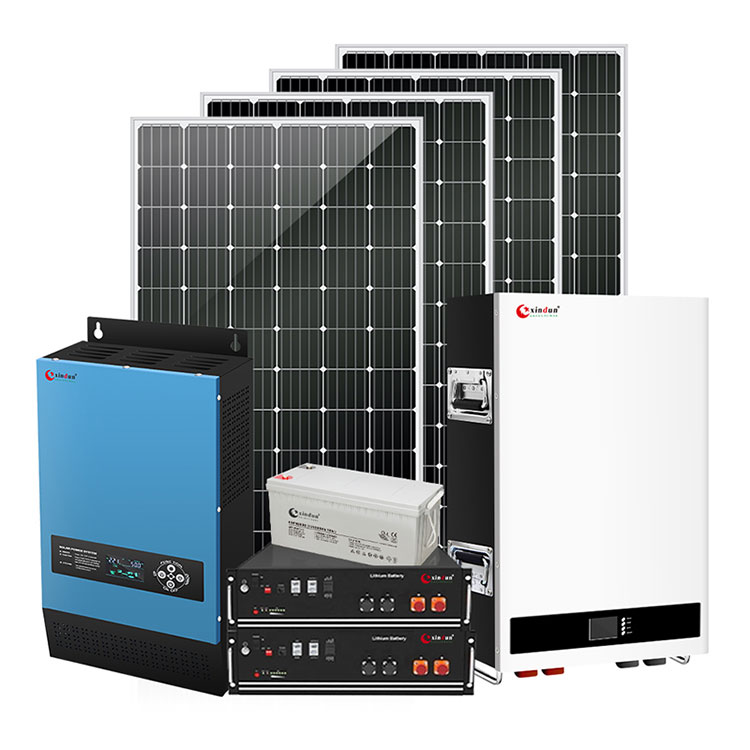
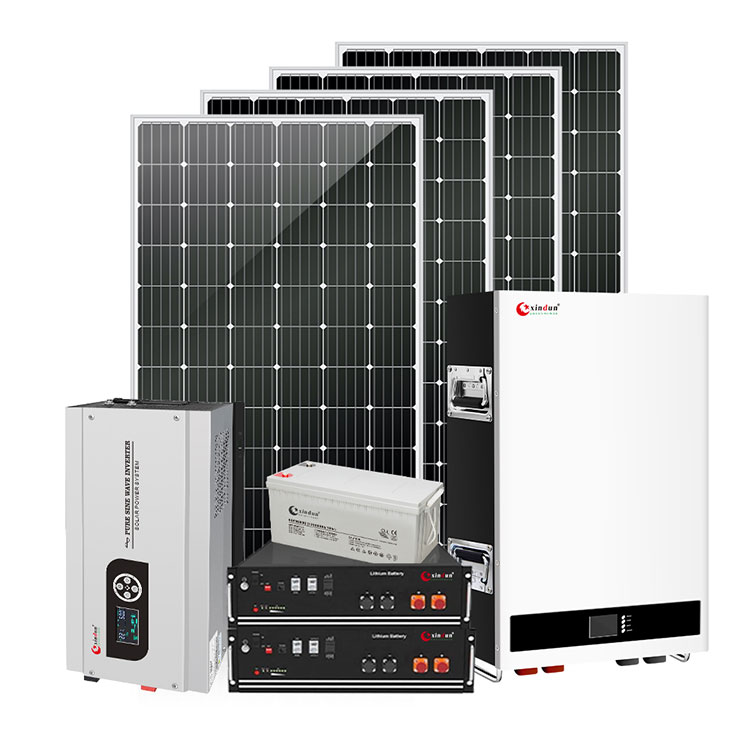
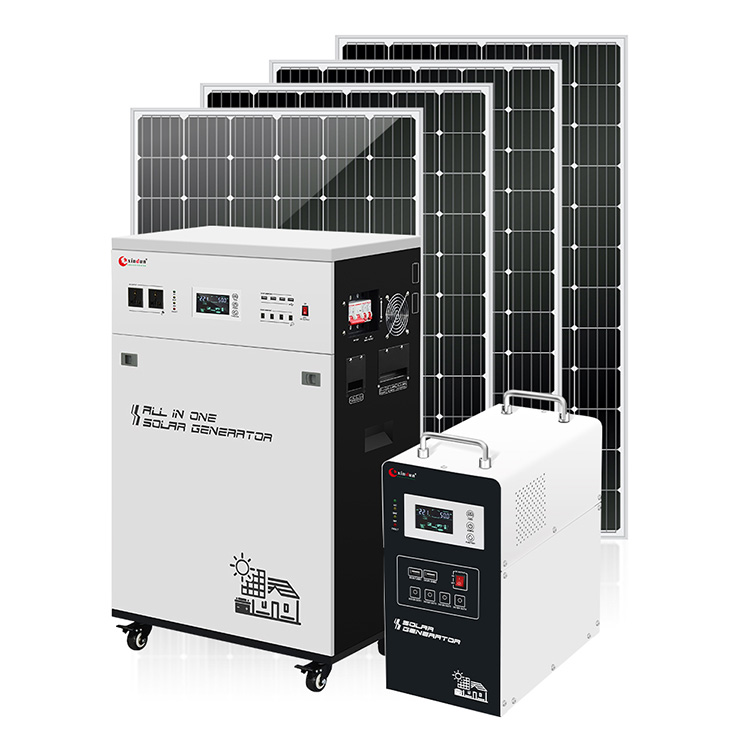
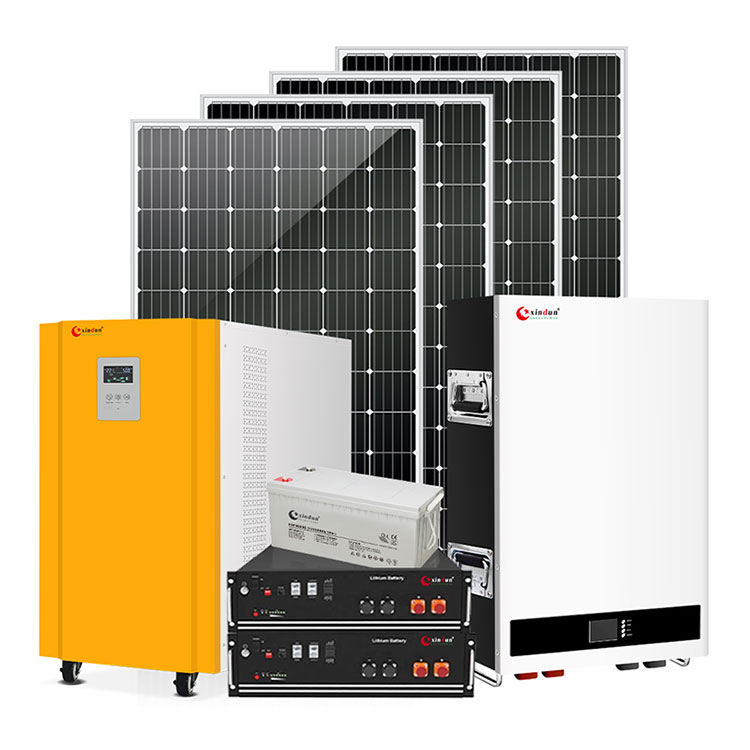
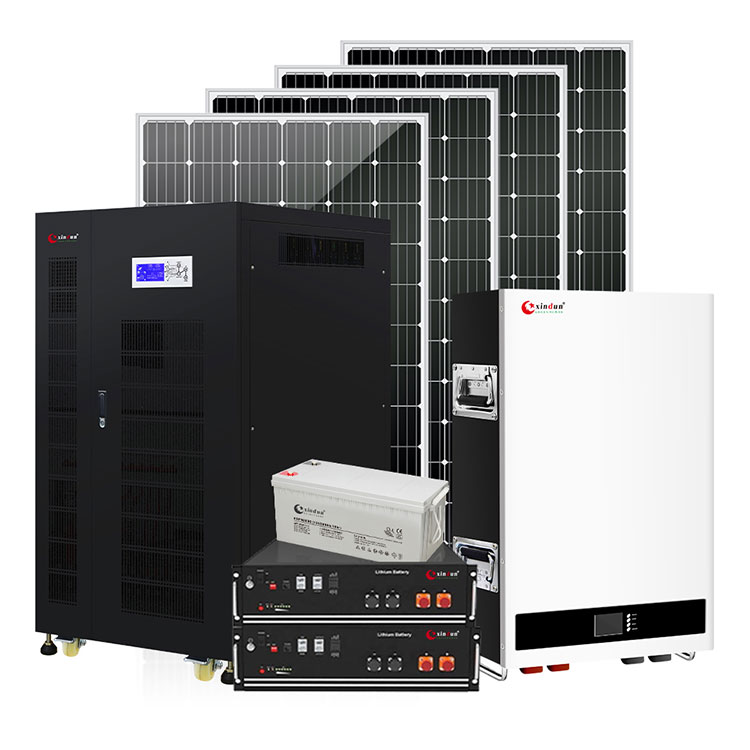
 Solar Charge Controller
Solar Charge Controller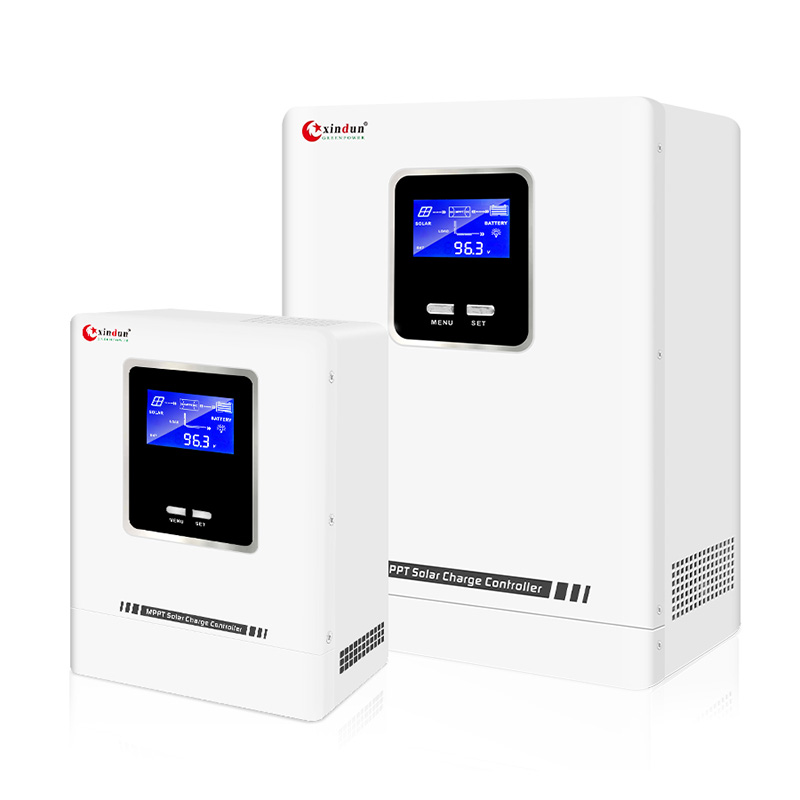
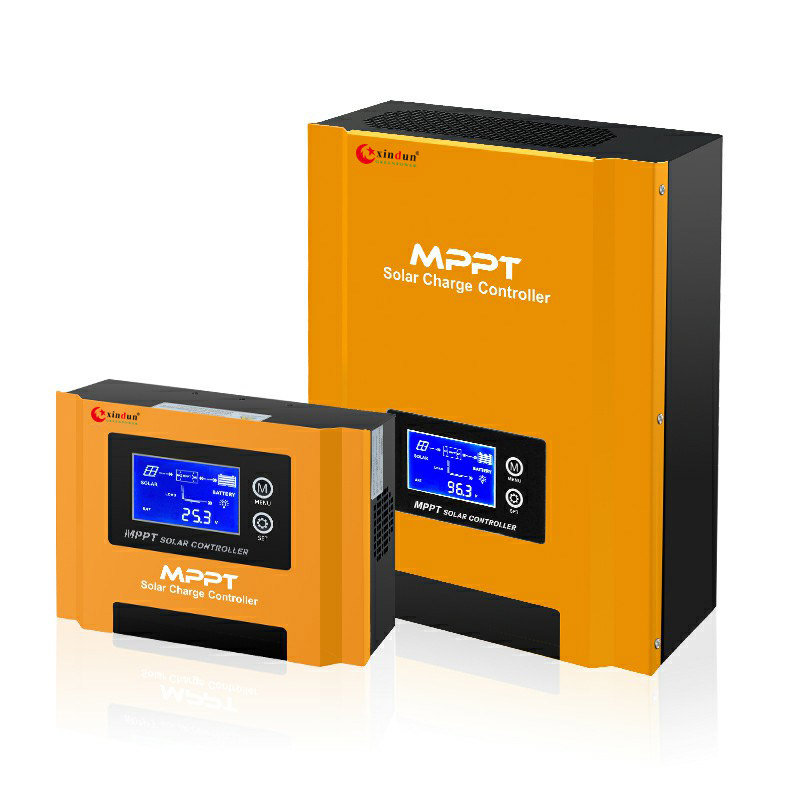

 Solar Battery
Solar Battery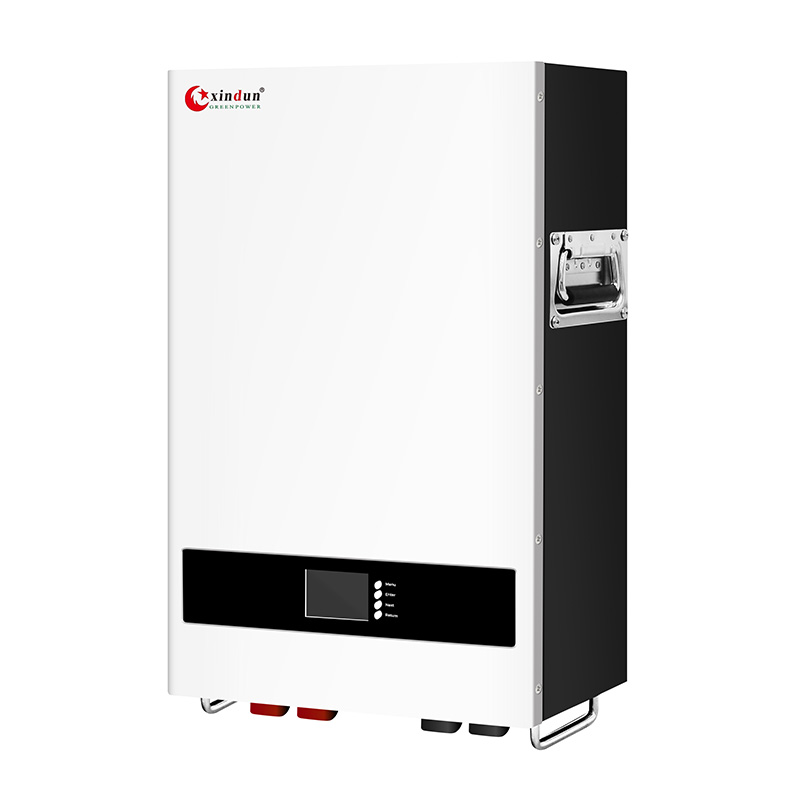
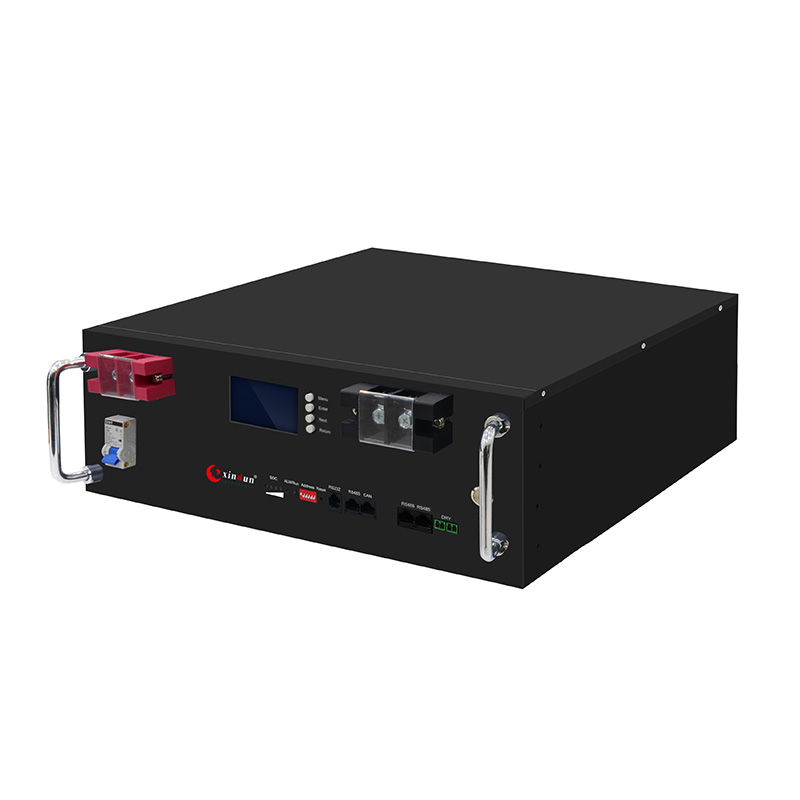
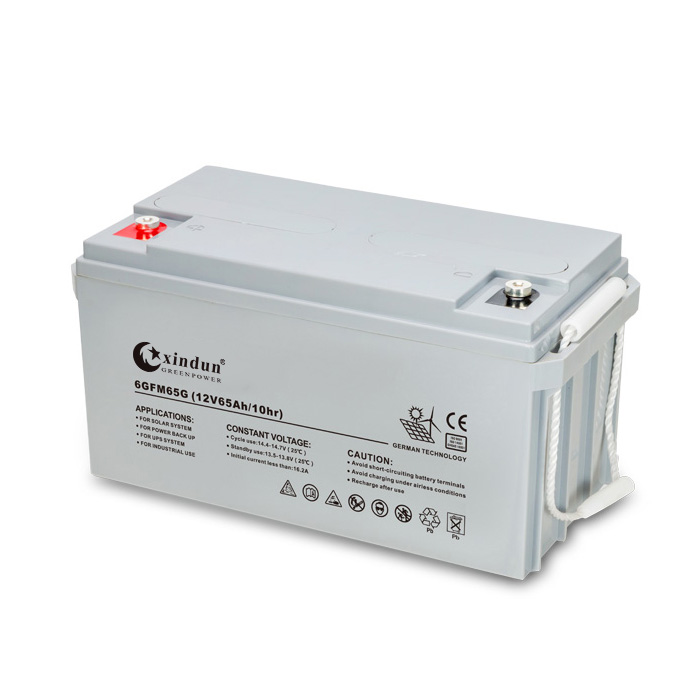
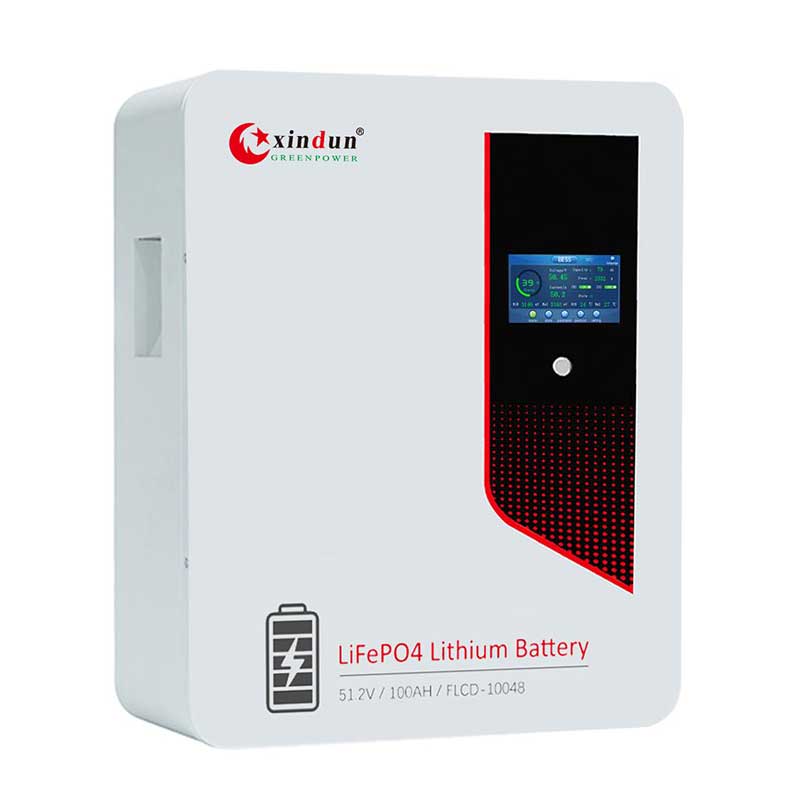
 Asia
Asia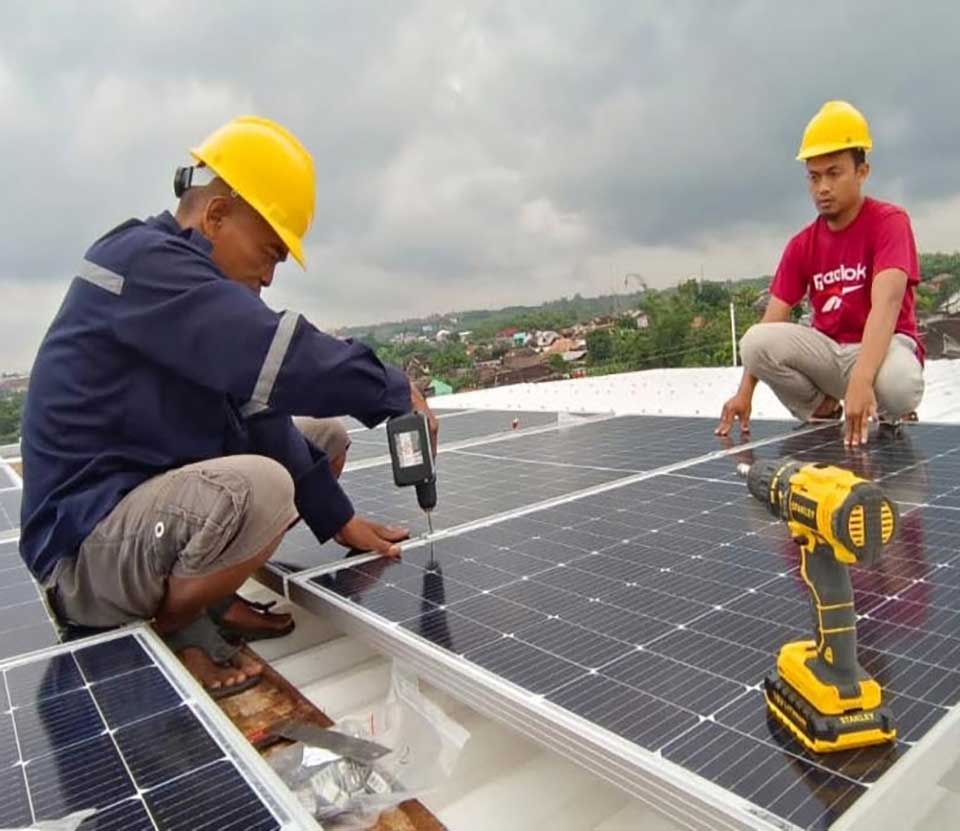
 Africa
Africa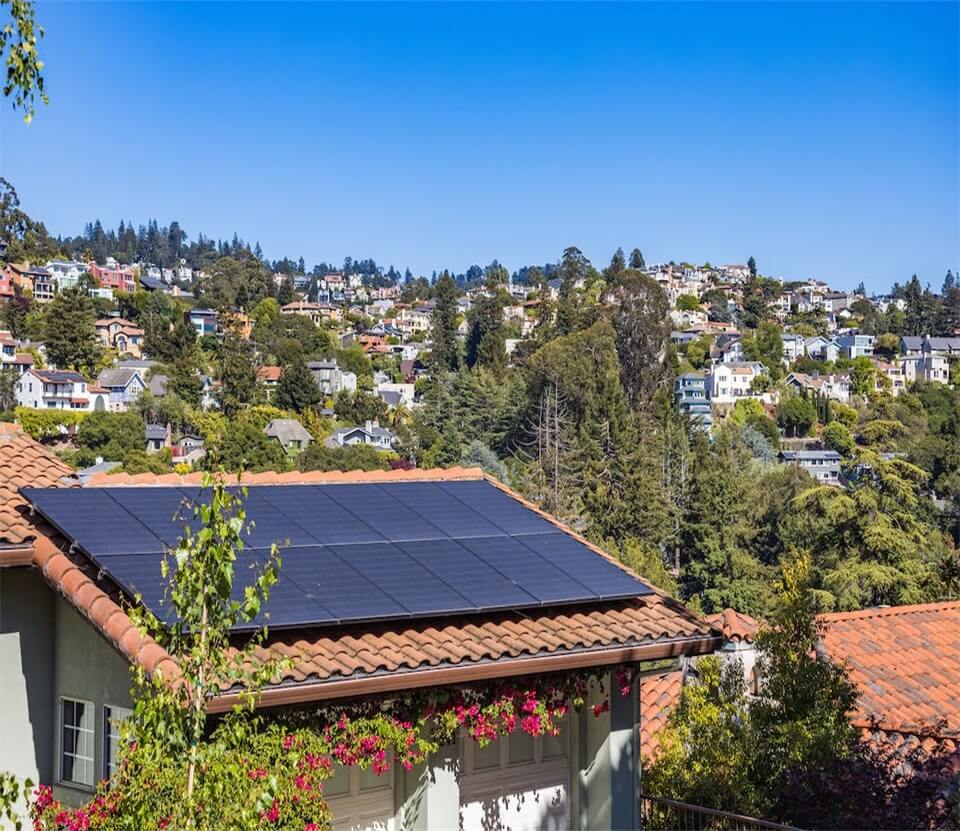
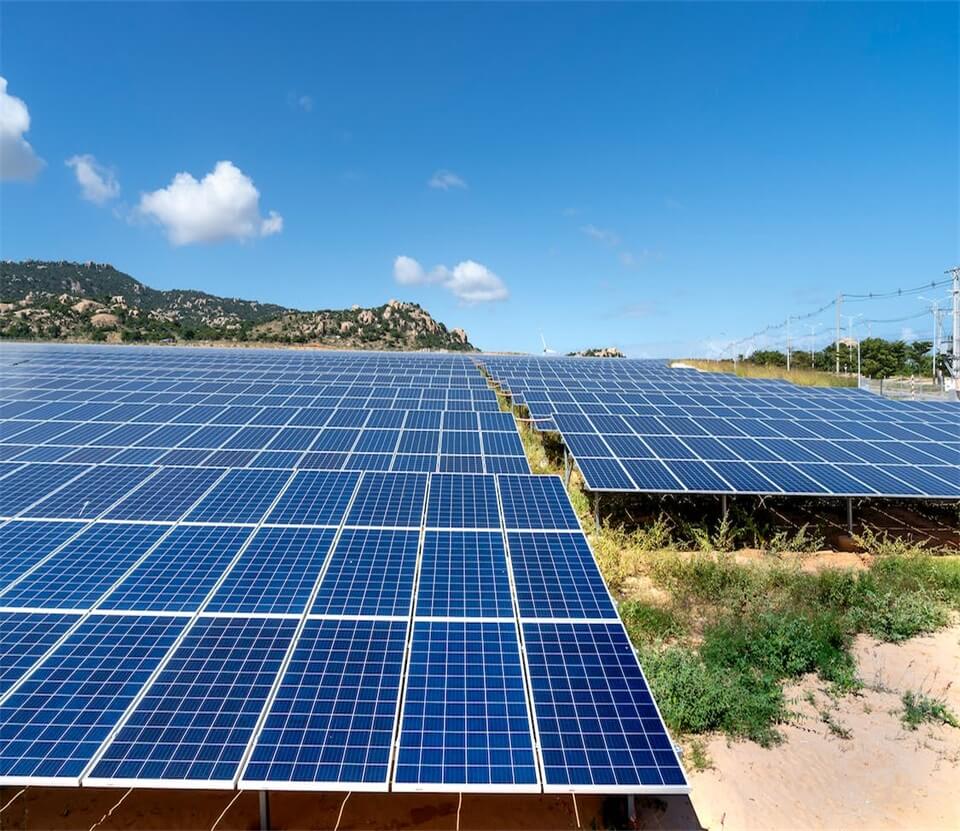
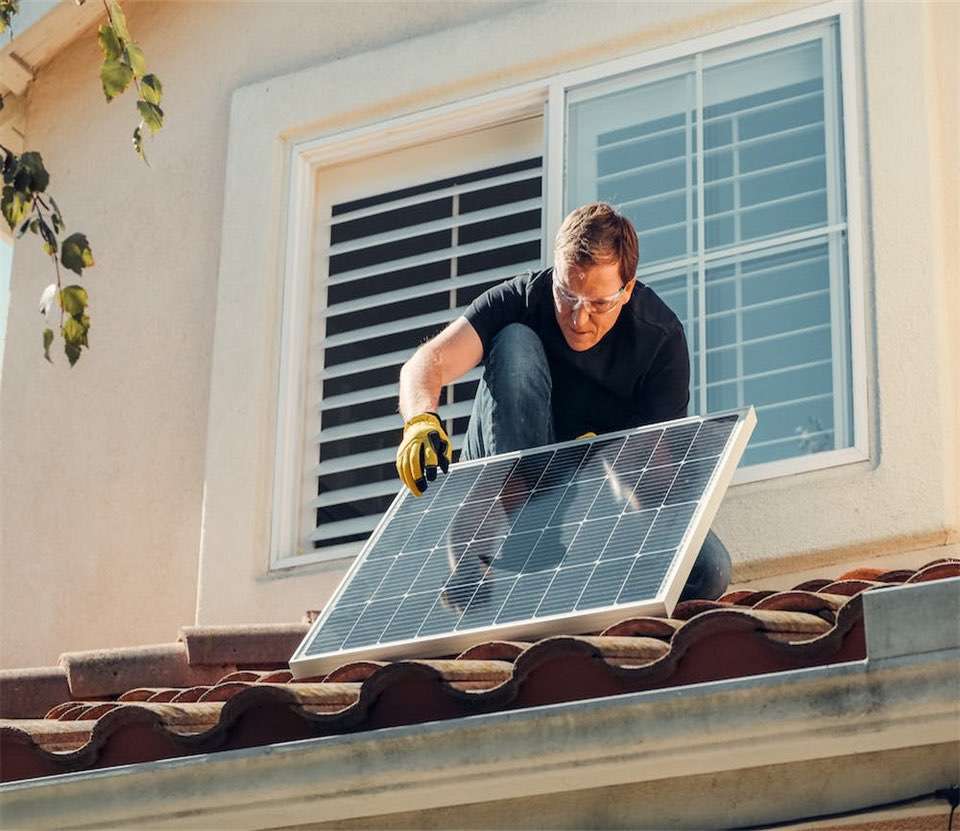
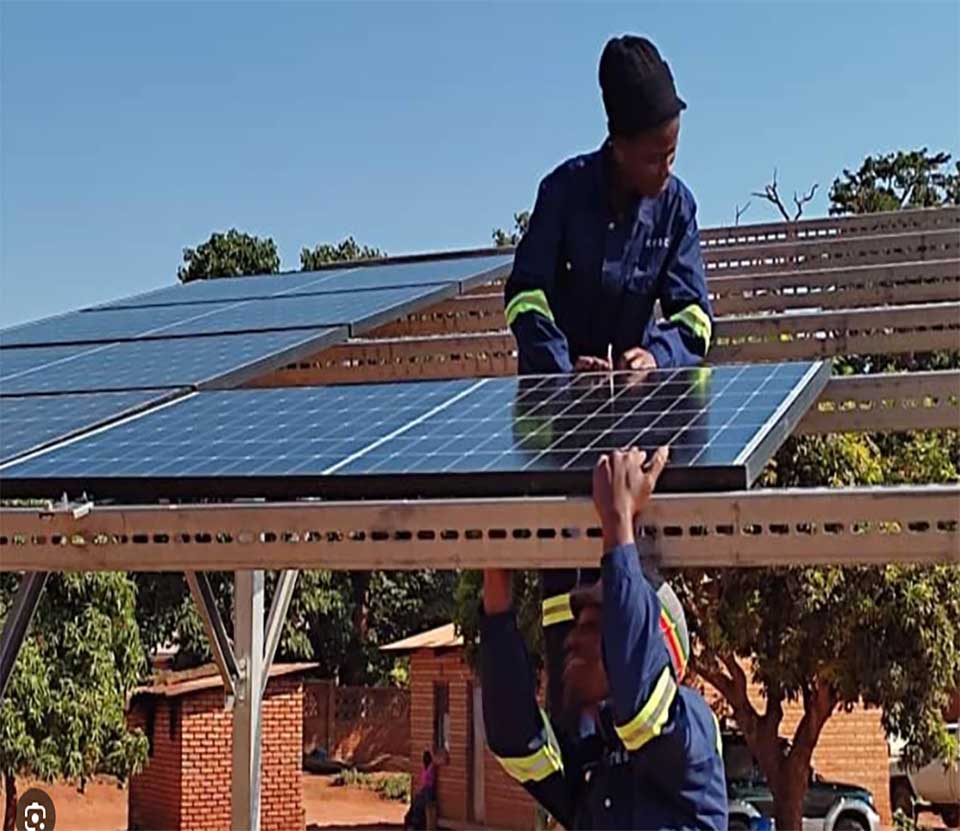
 South America
South America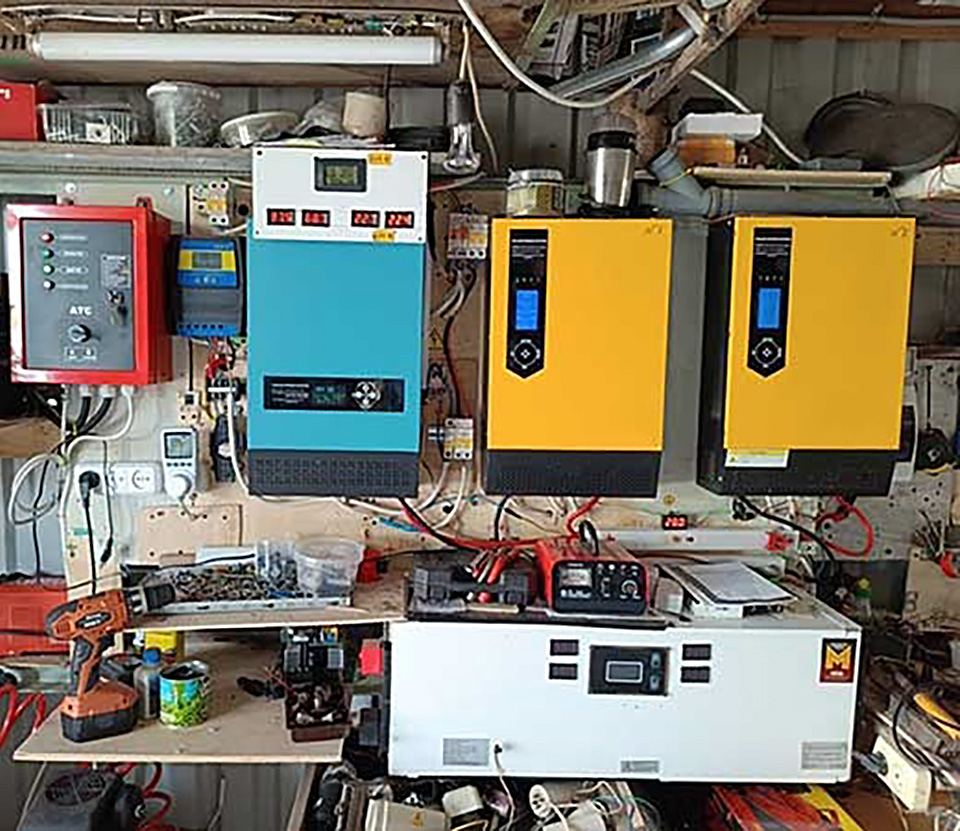
 Europe
Europe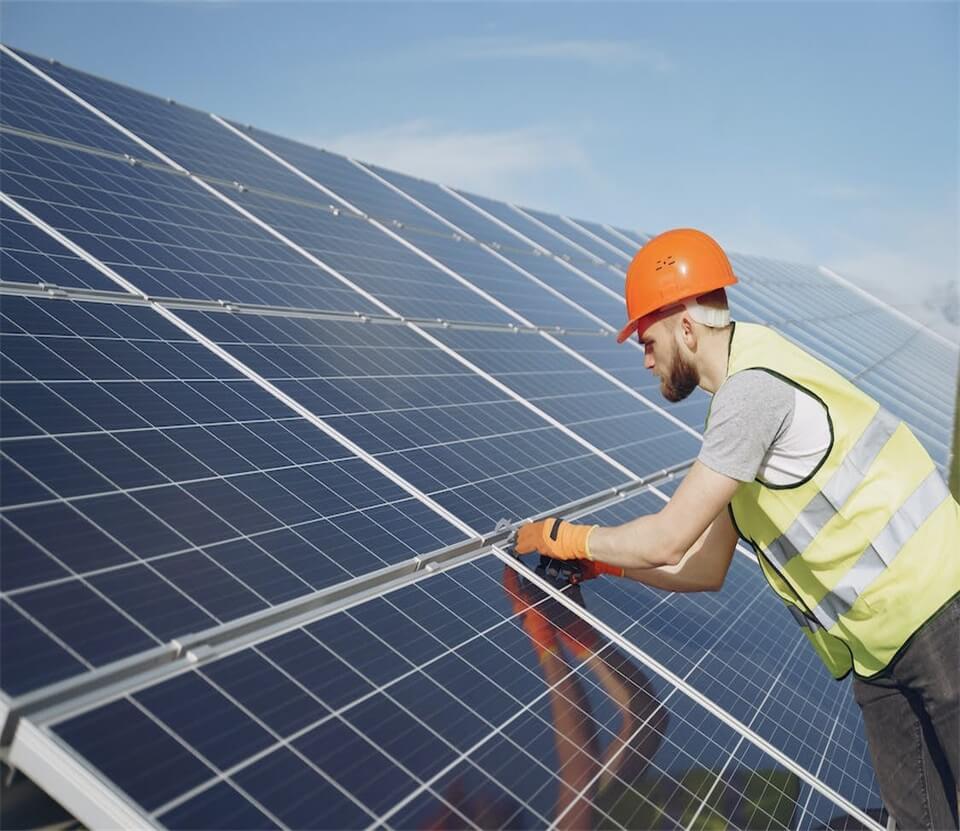
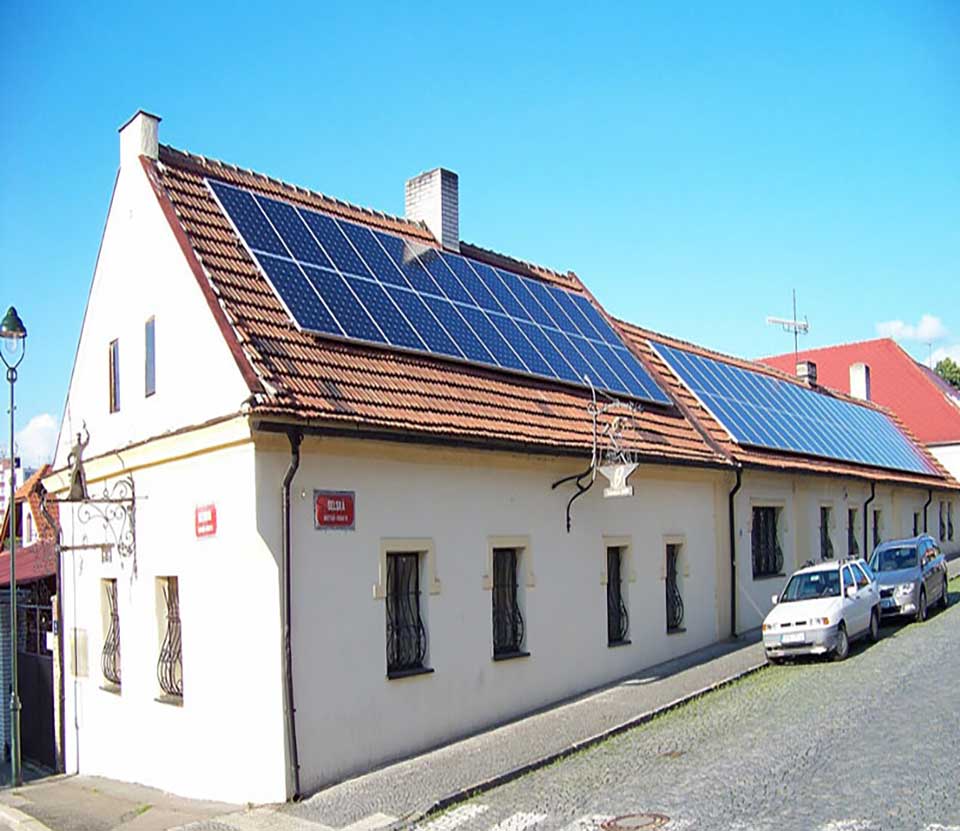
 North America
North America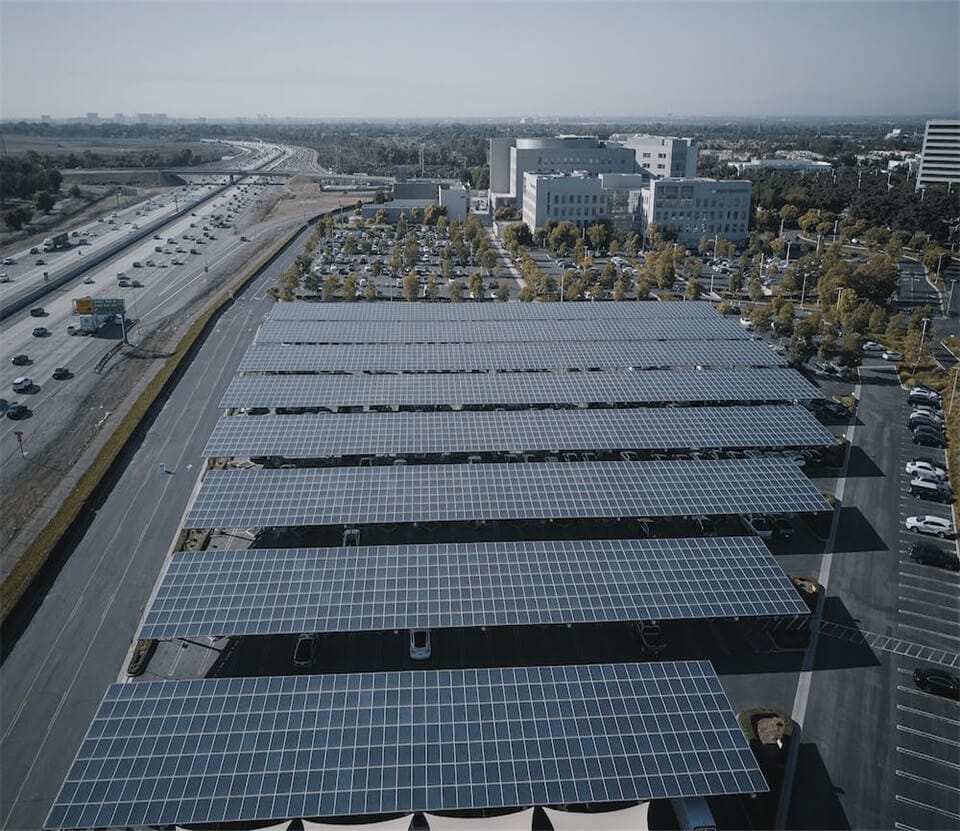
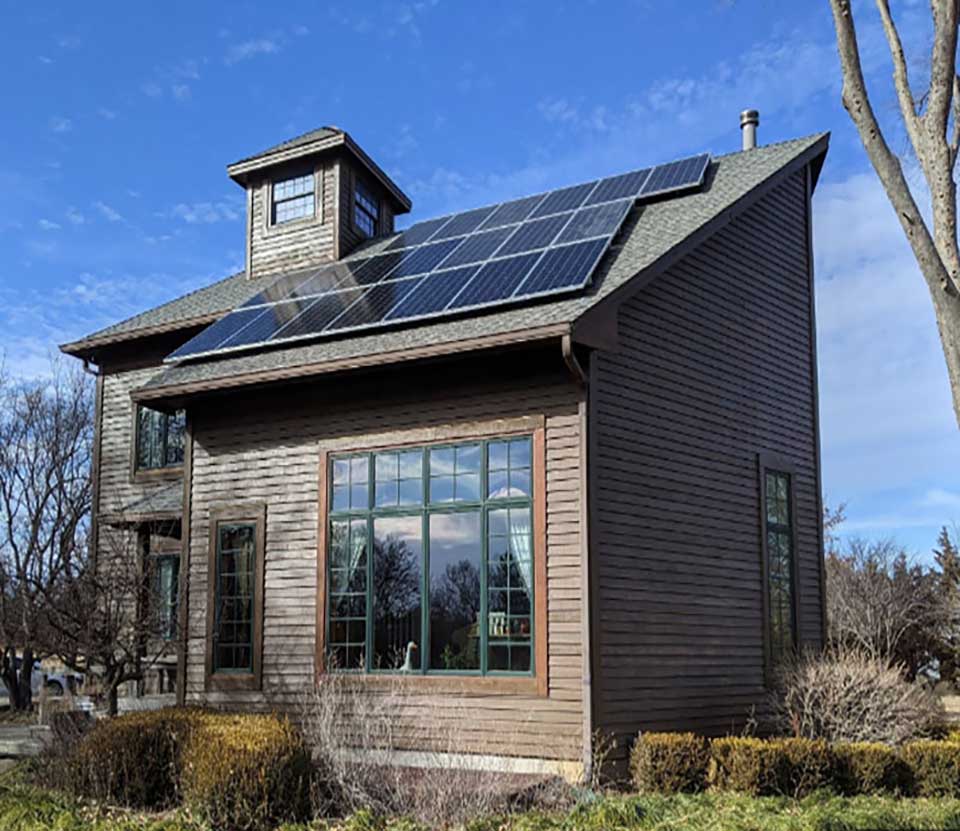
 Oceania & Antarctica
Oceania & Antarctica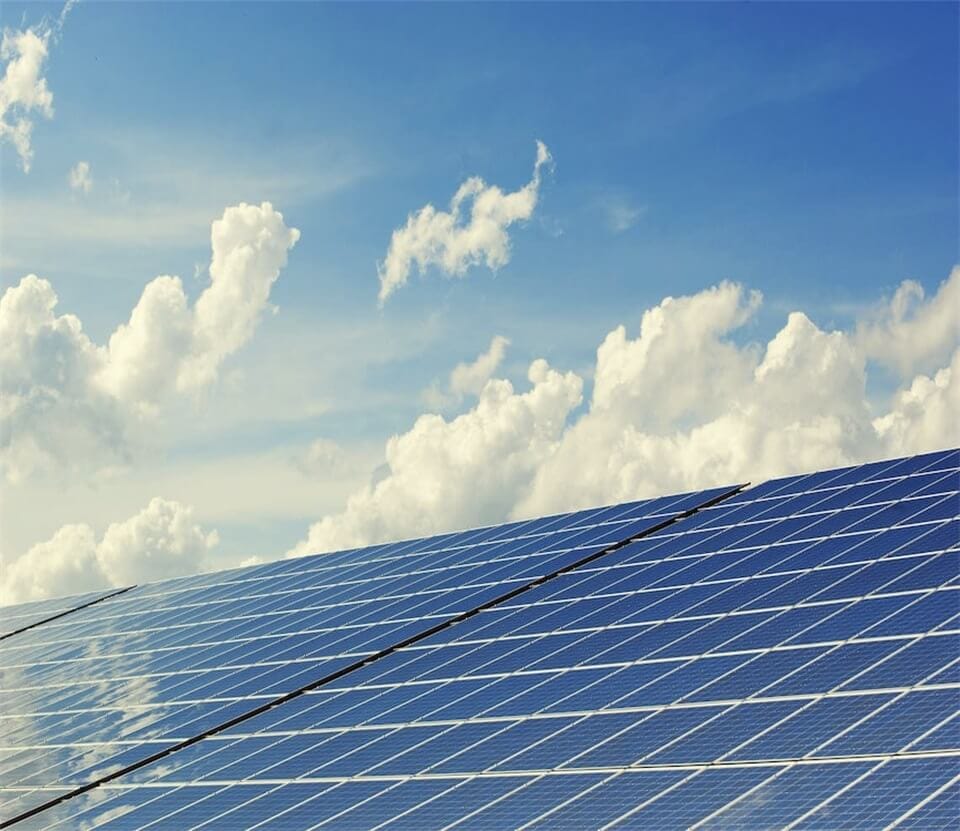










 Home
Home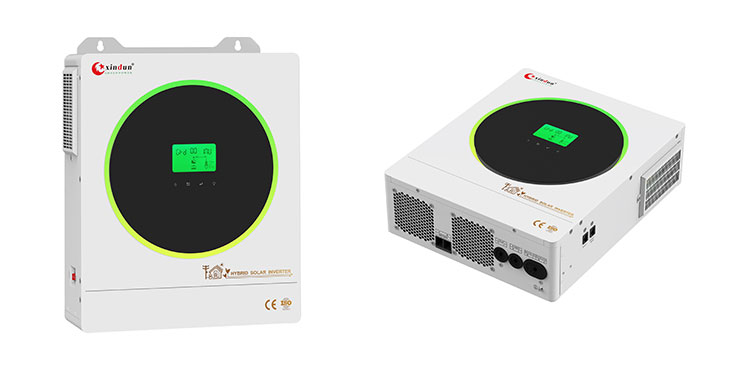
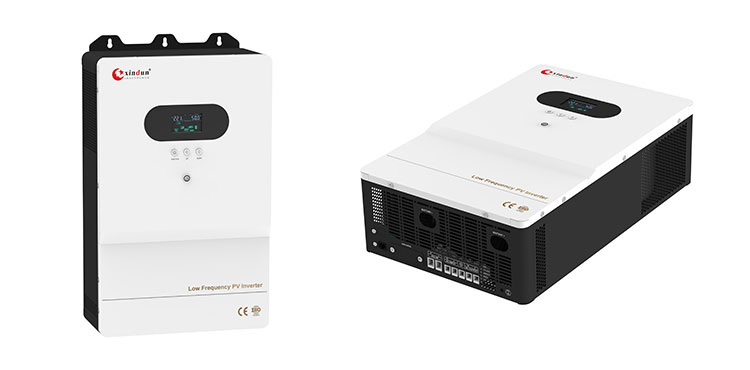
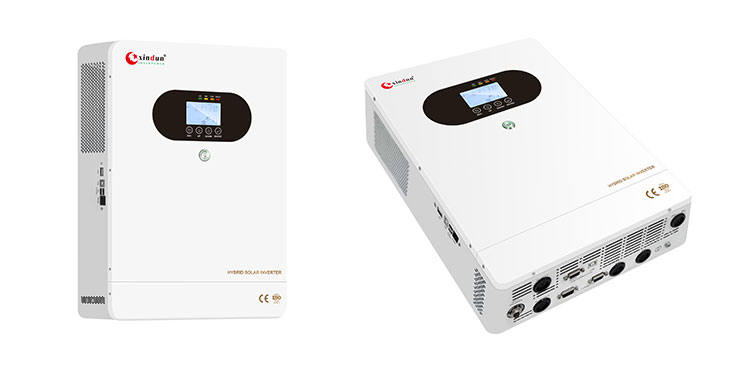
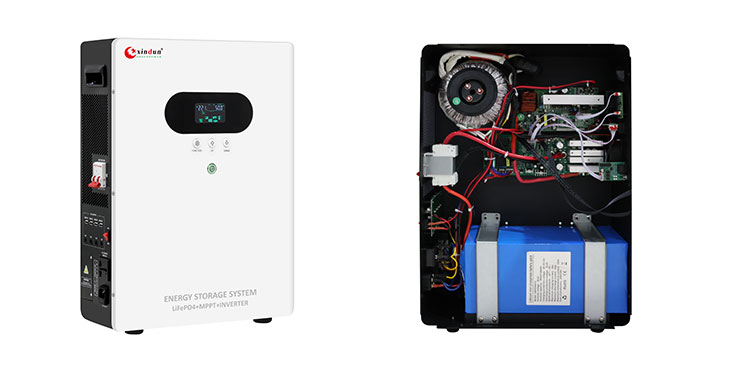
 What Is the Best Solar Inverter in the Mexico Market?
What Is the Best Solar Inverter in the Mexico Market?  Top Selling Products
Top Selling Products














